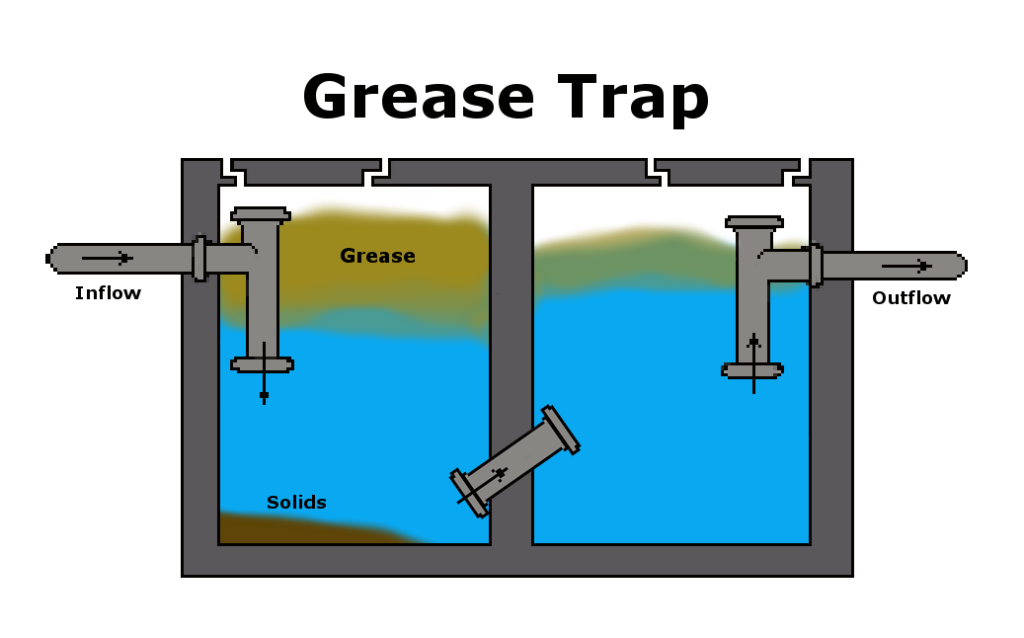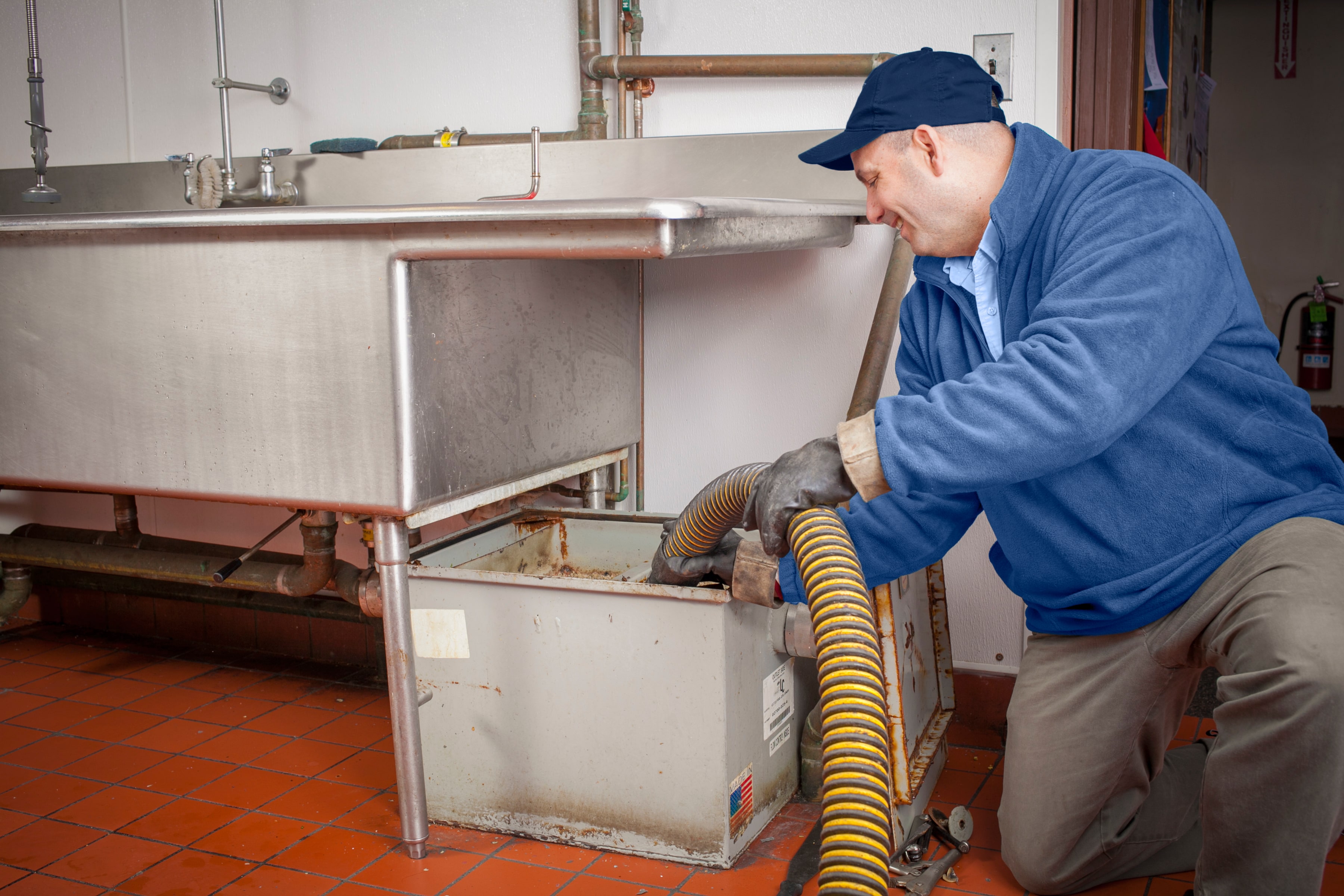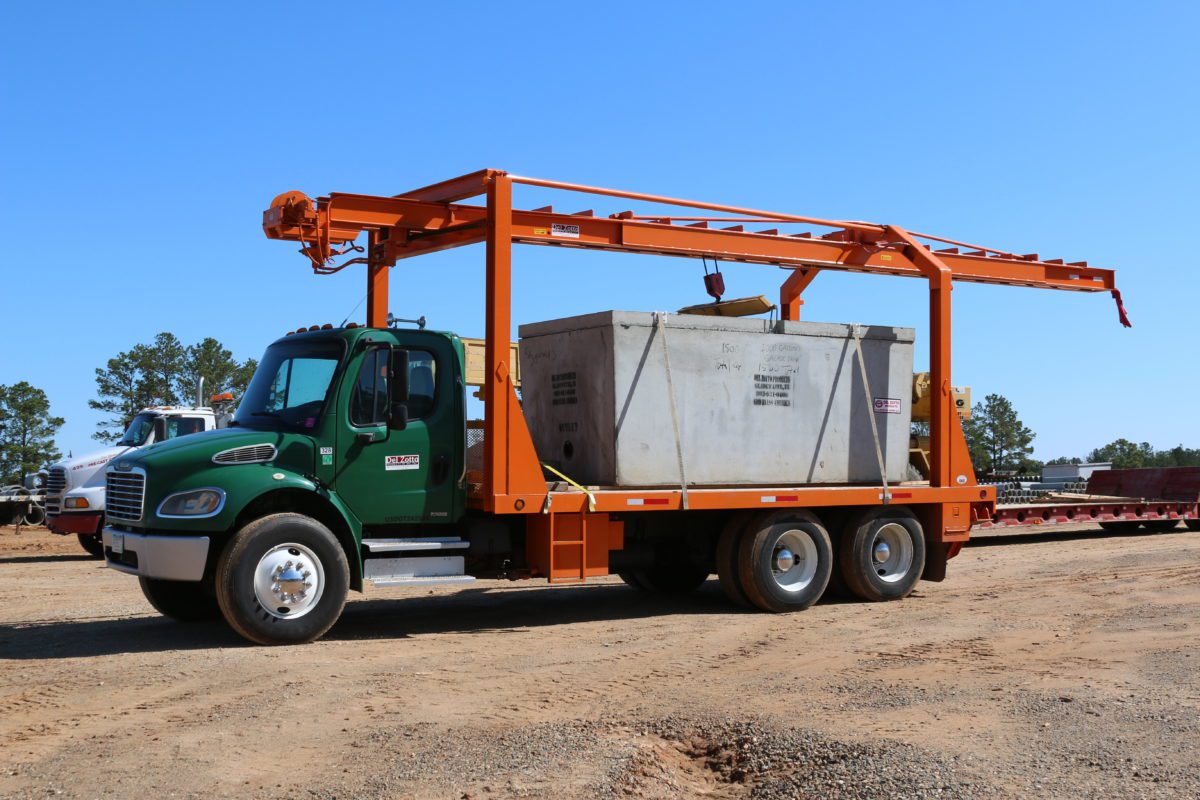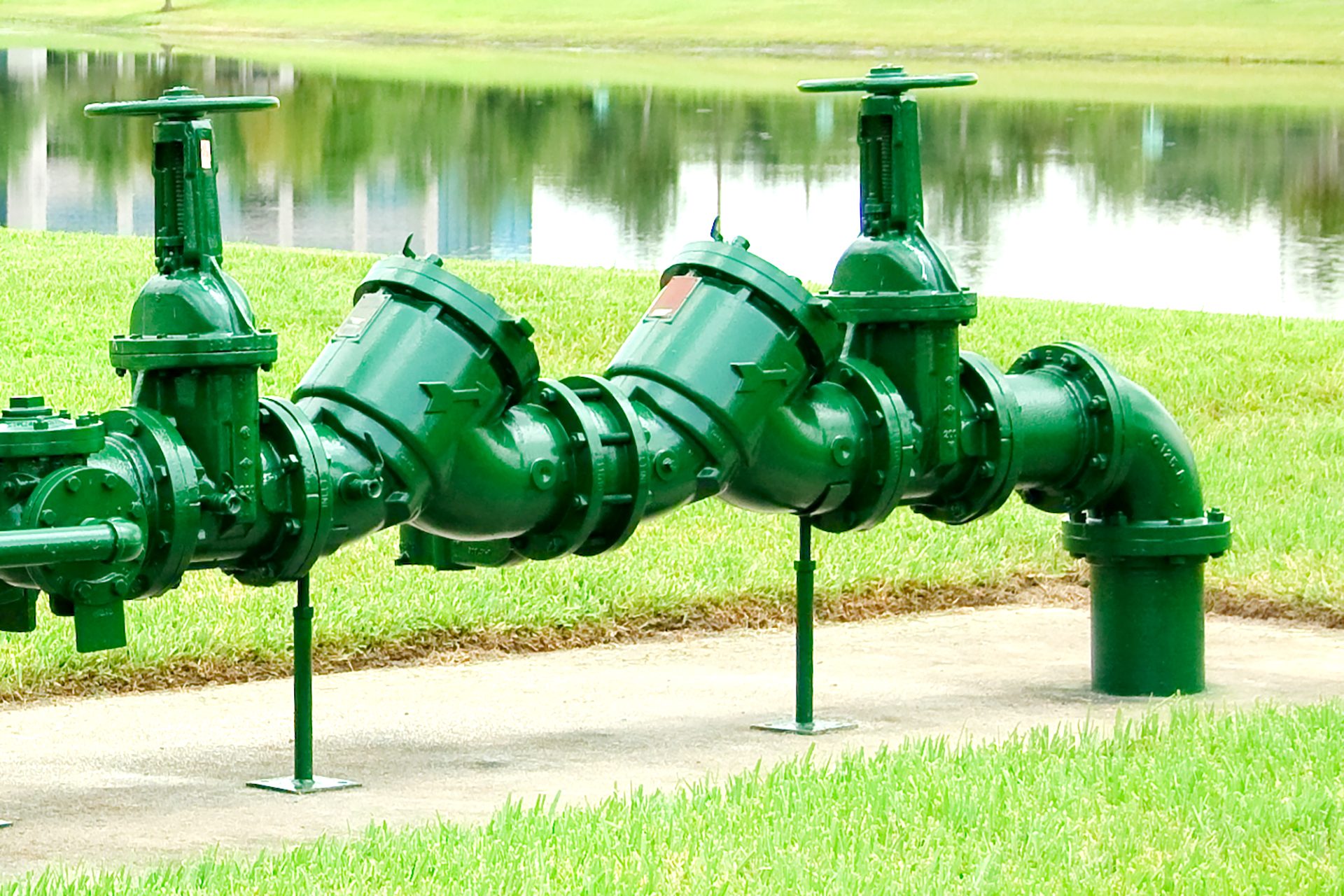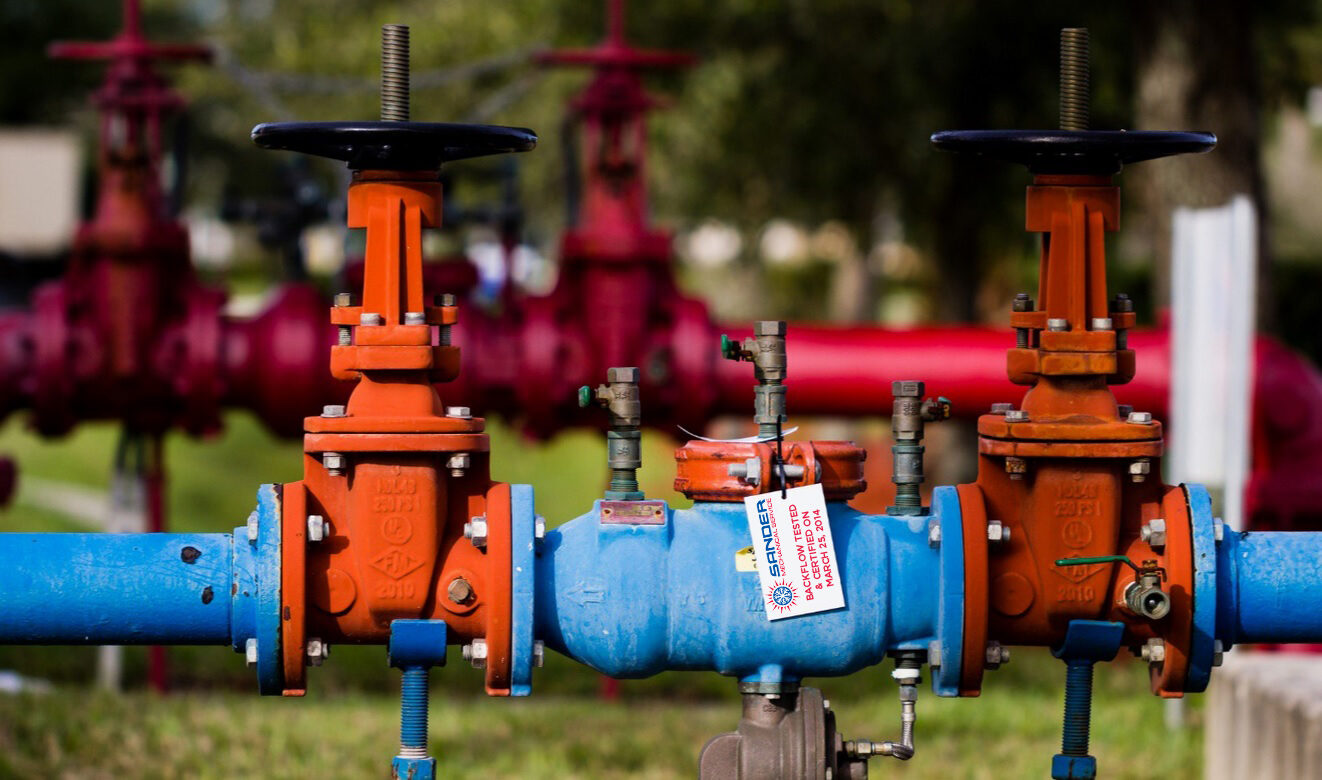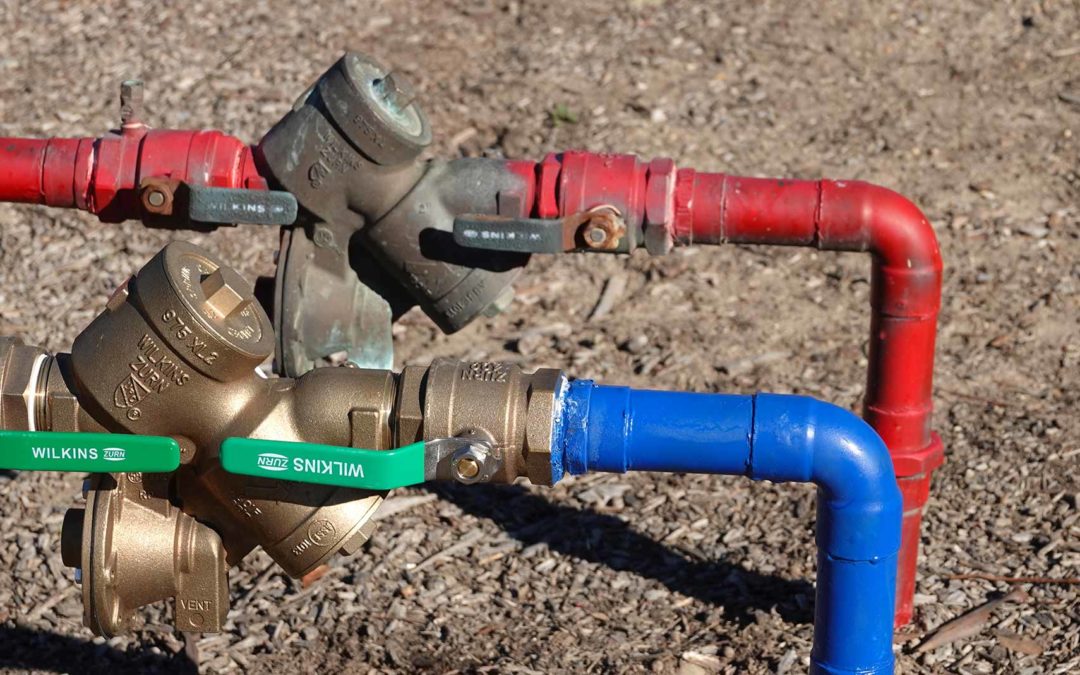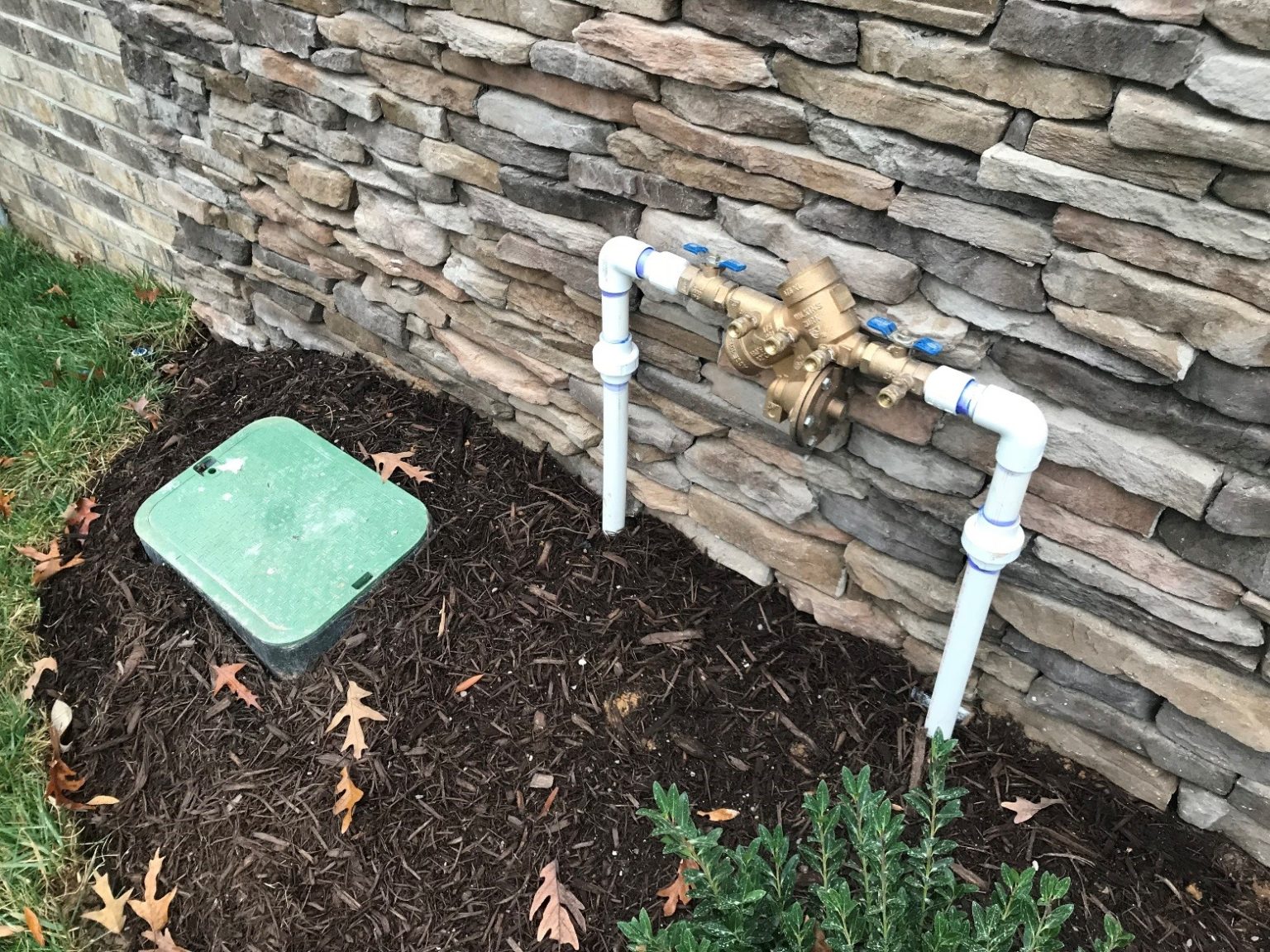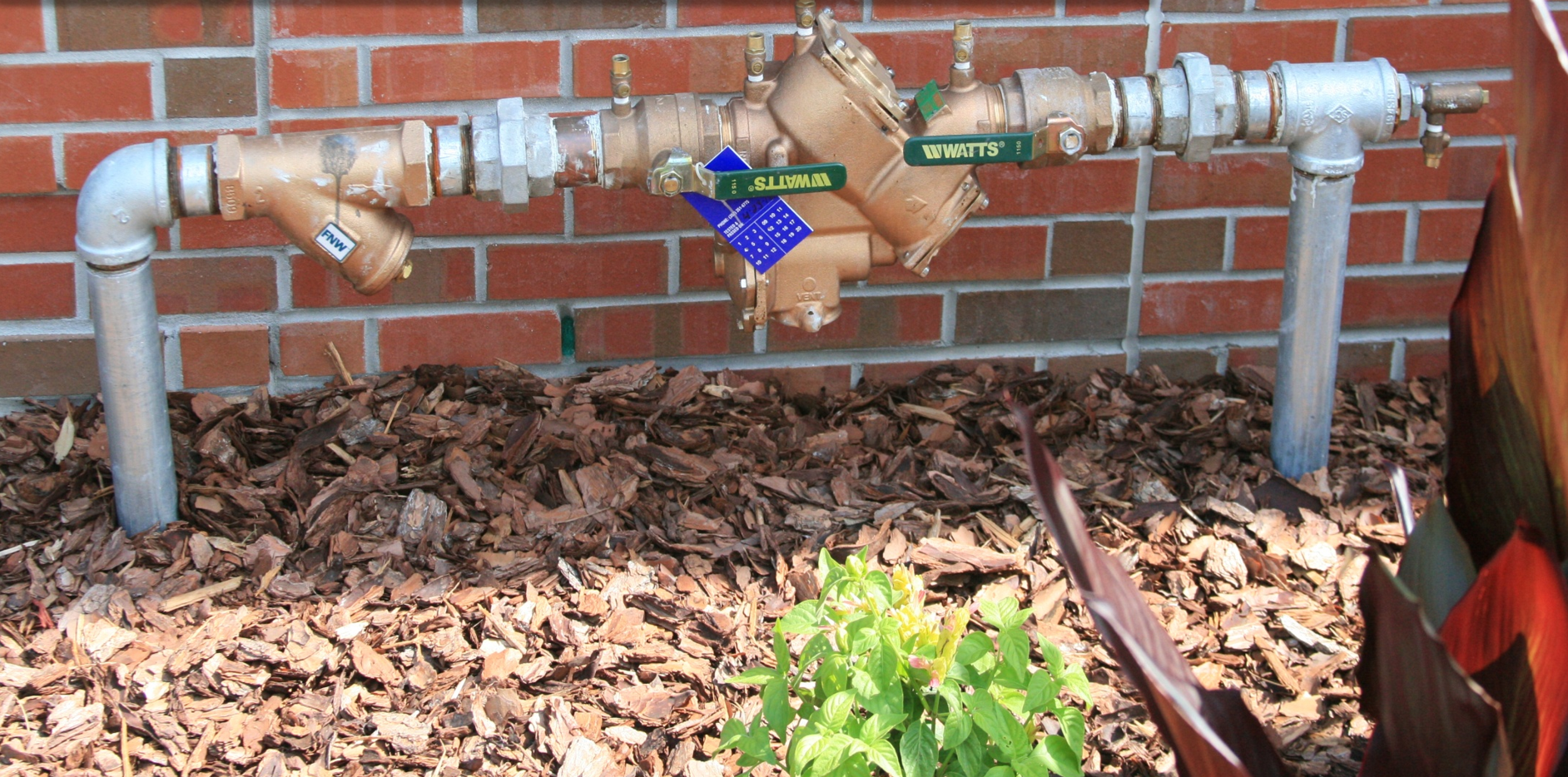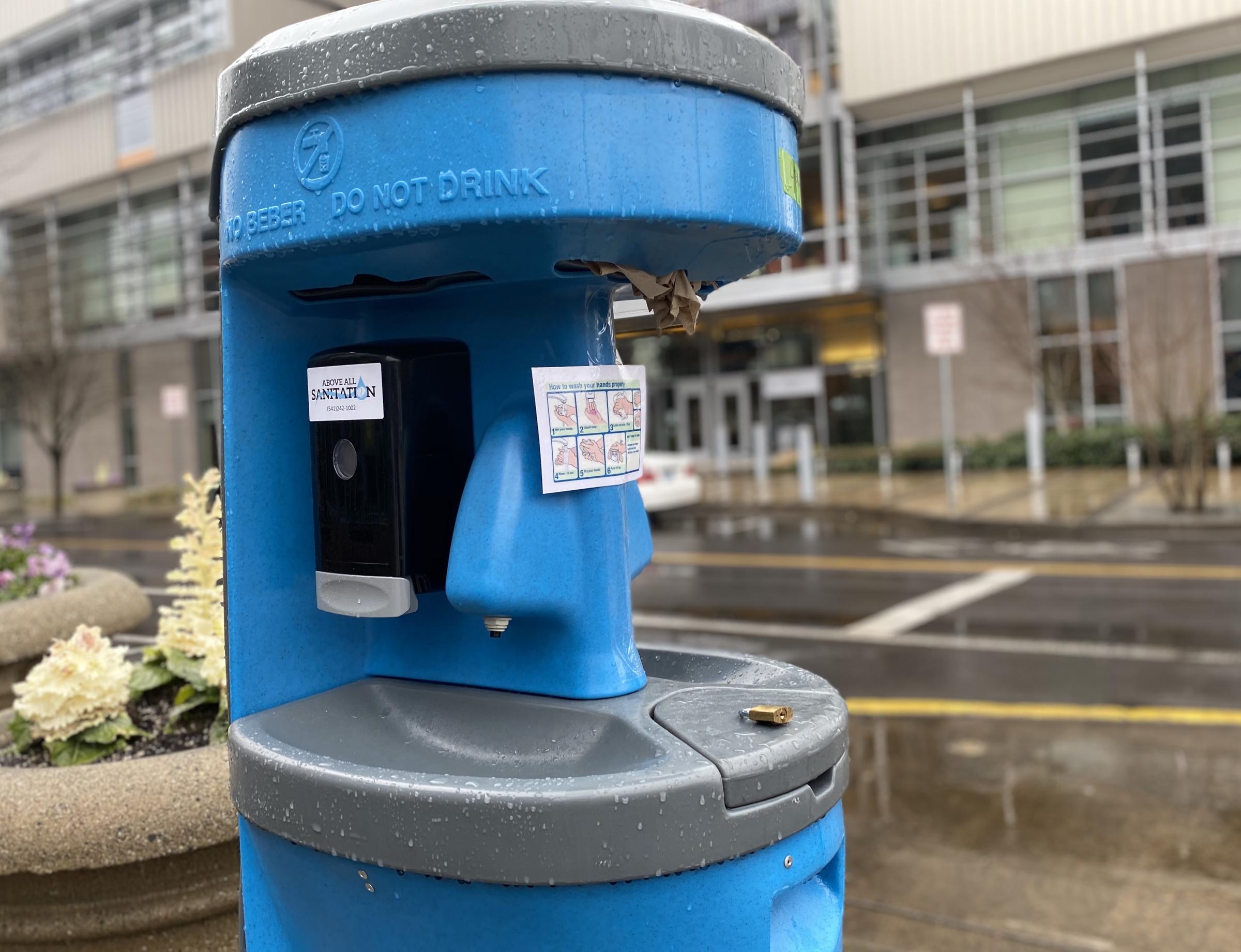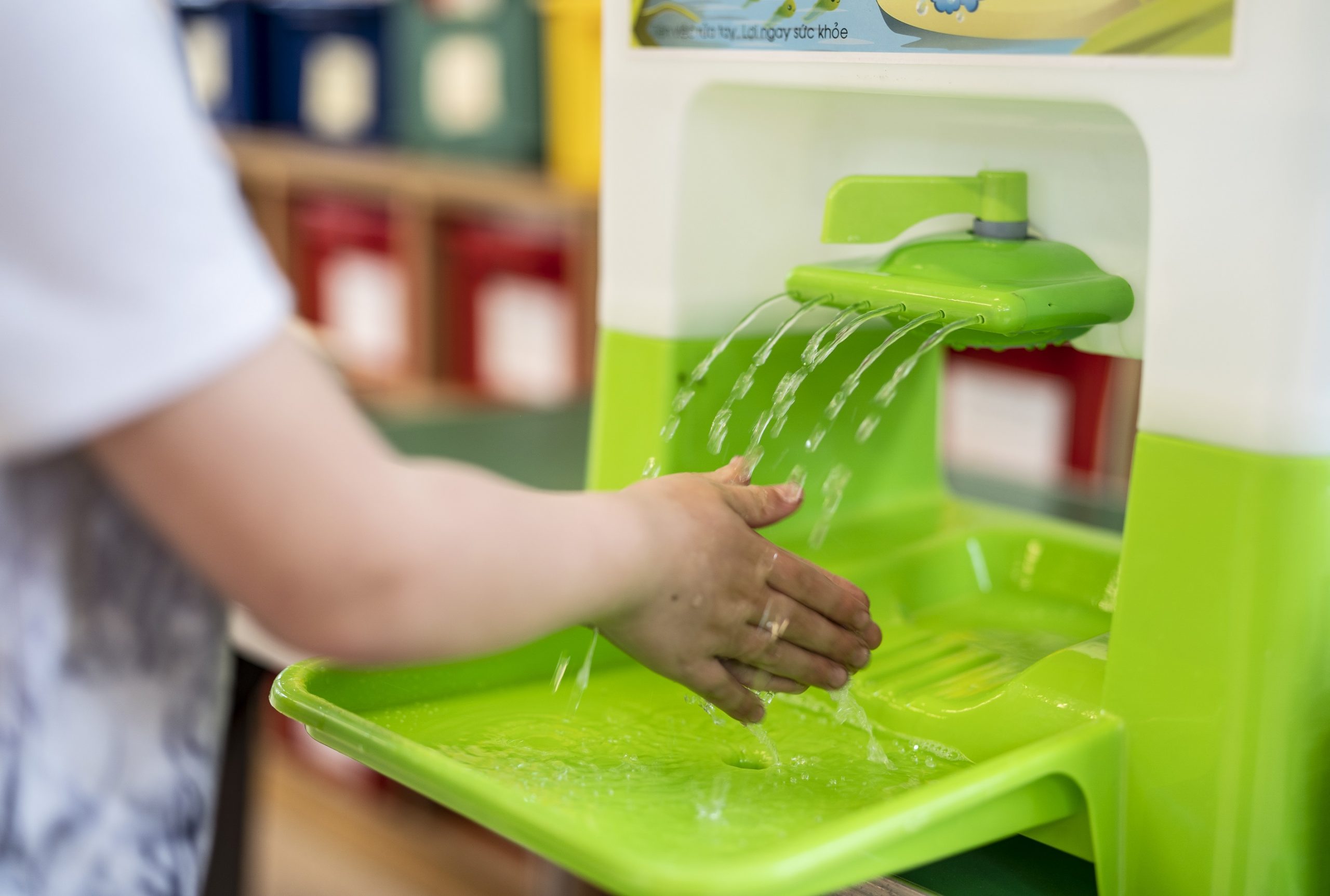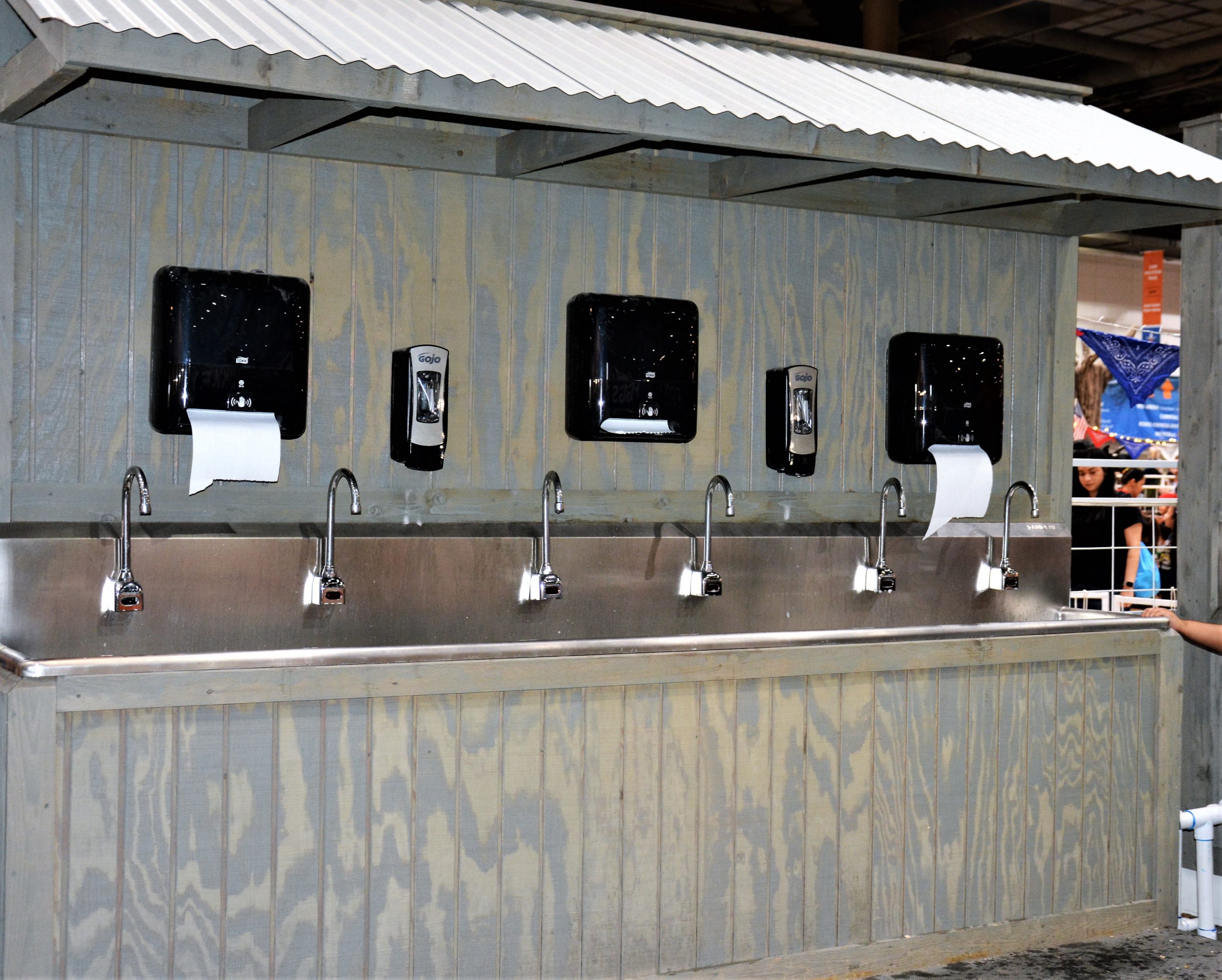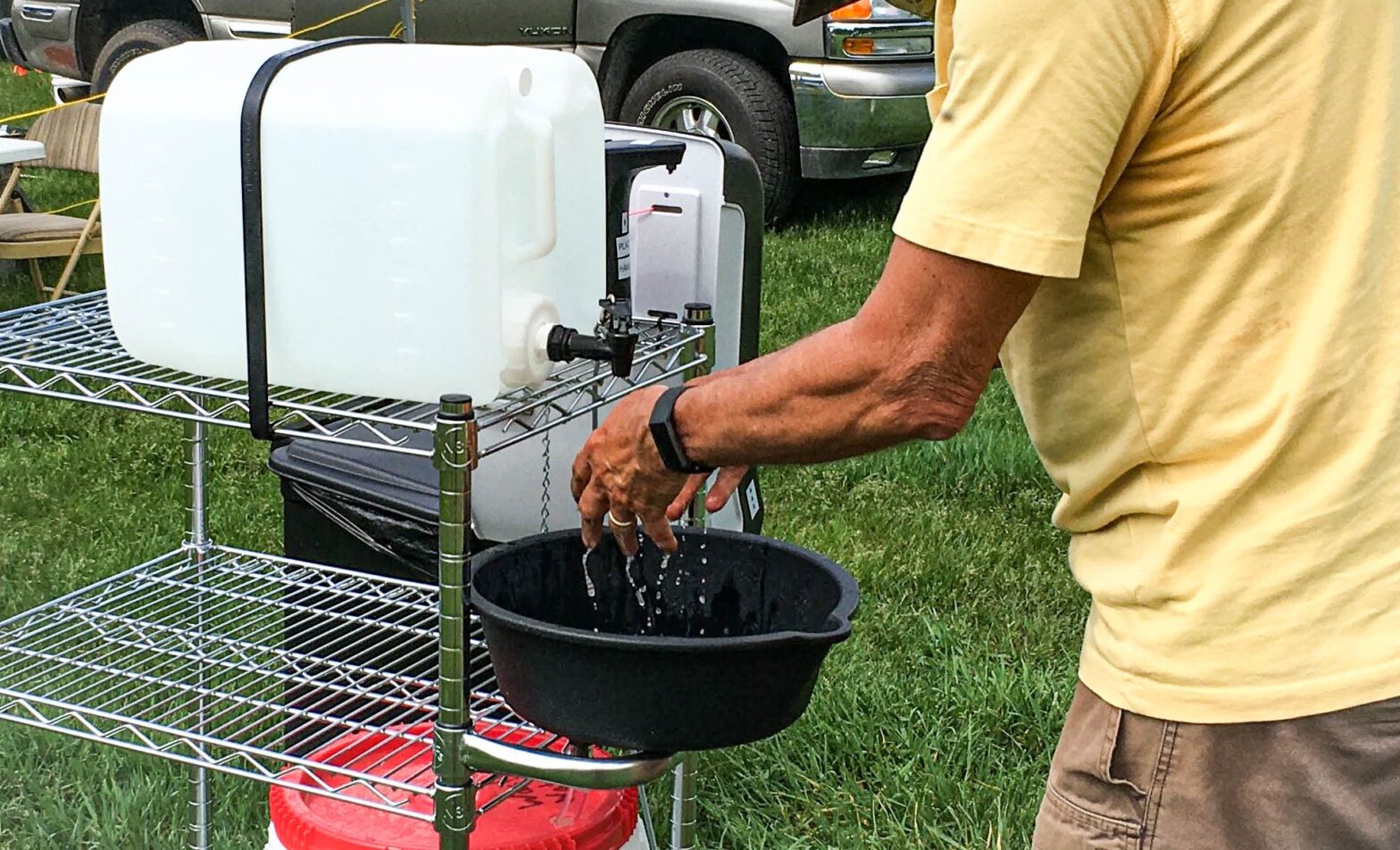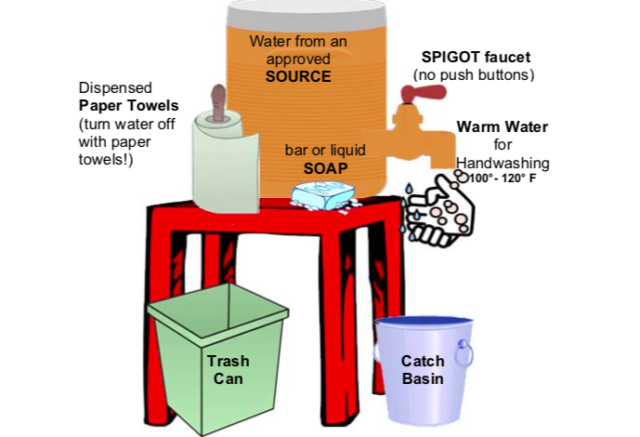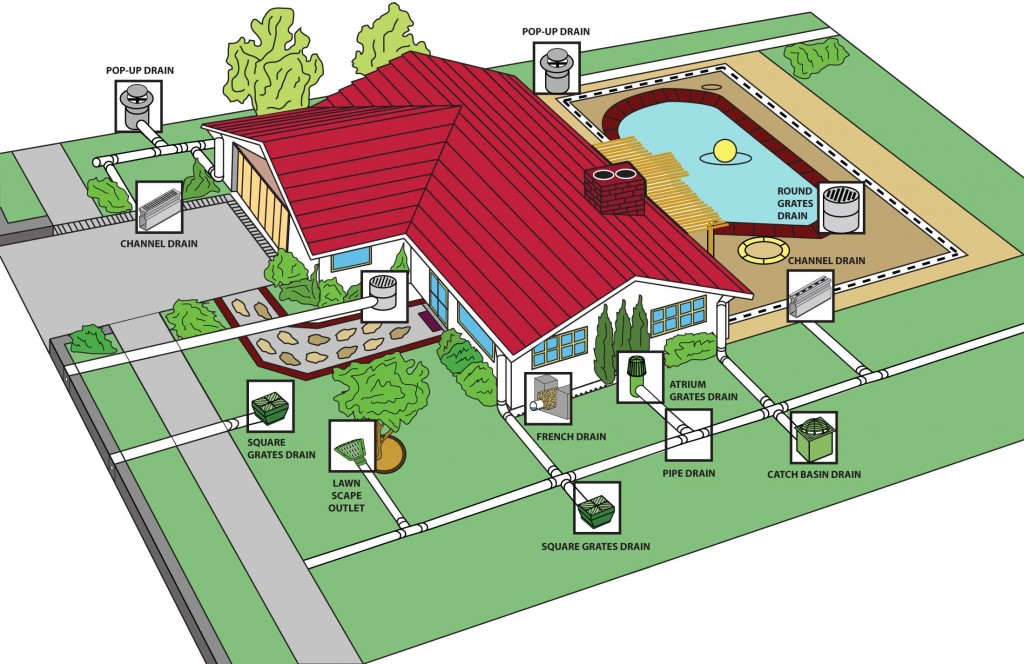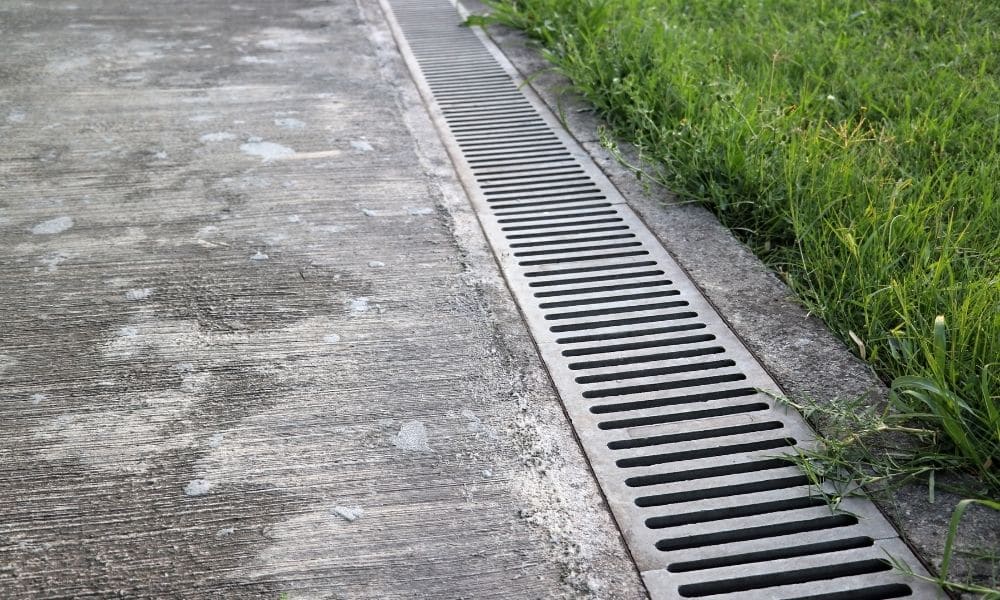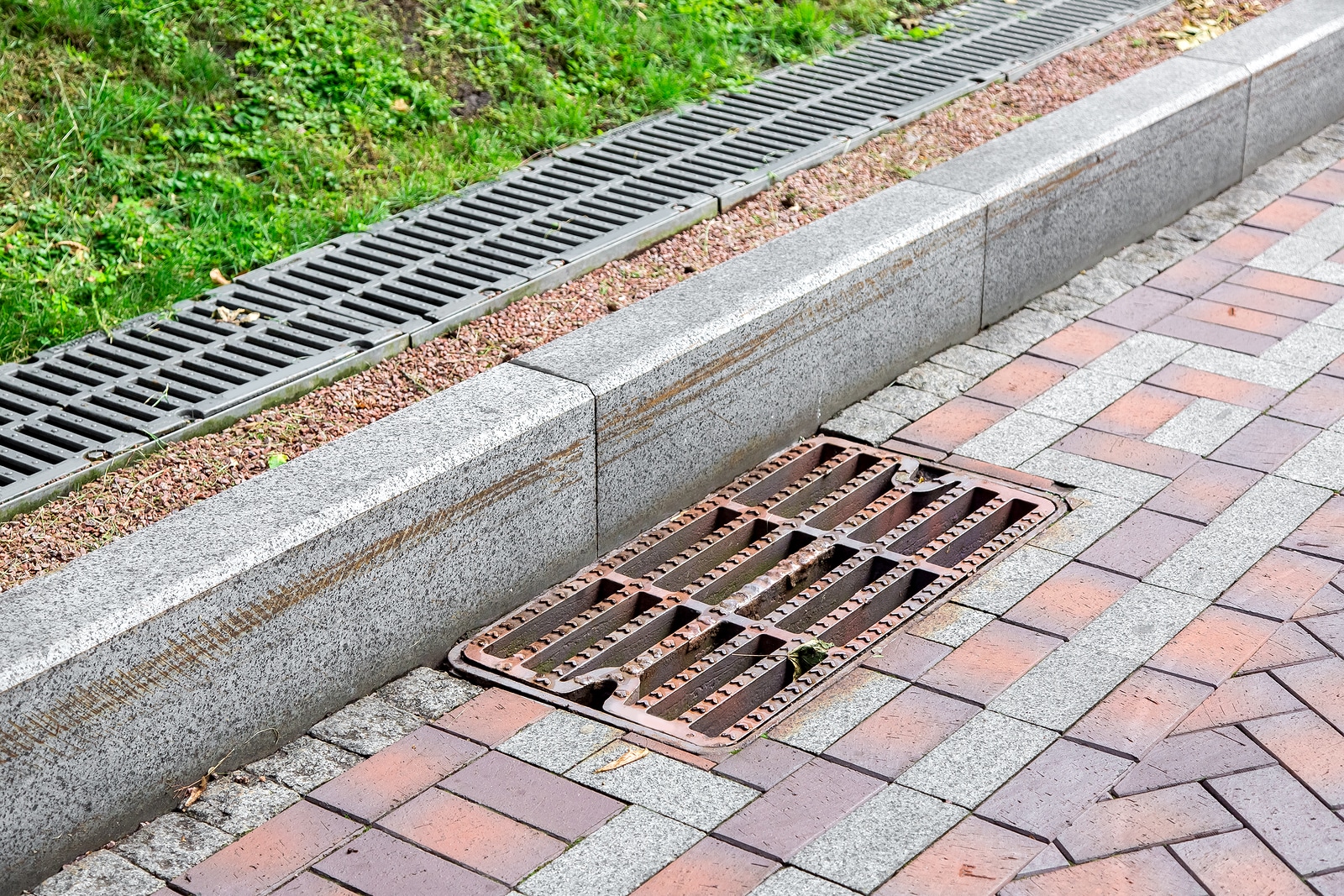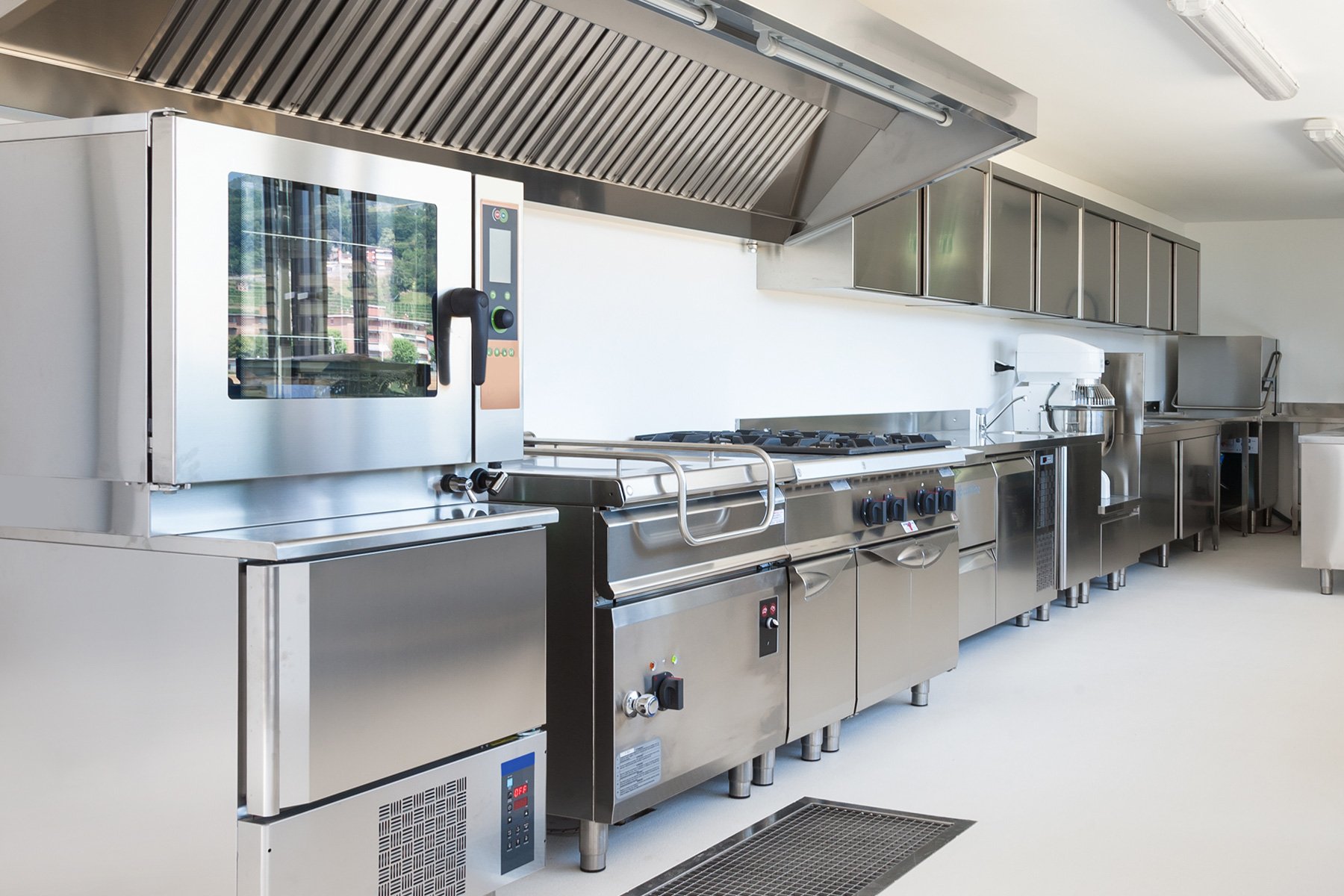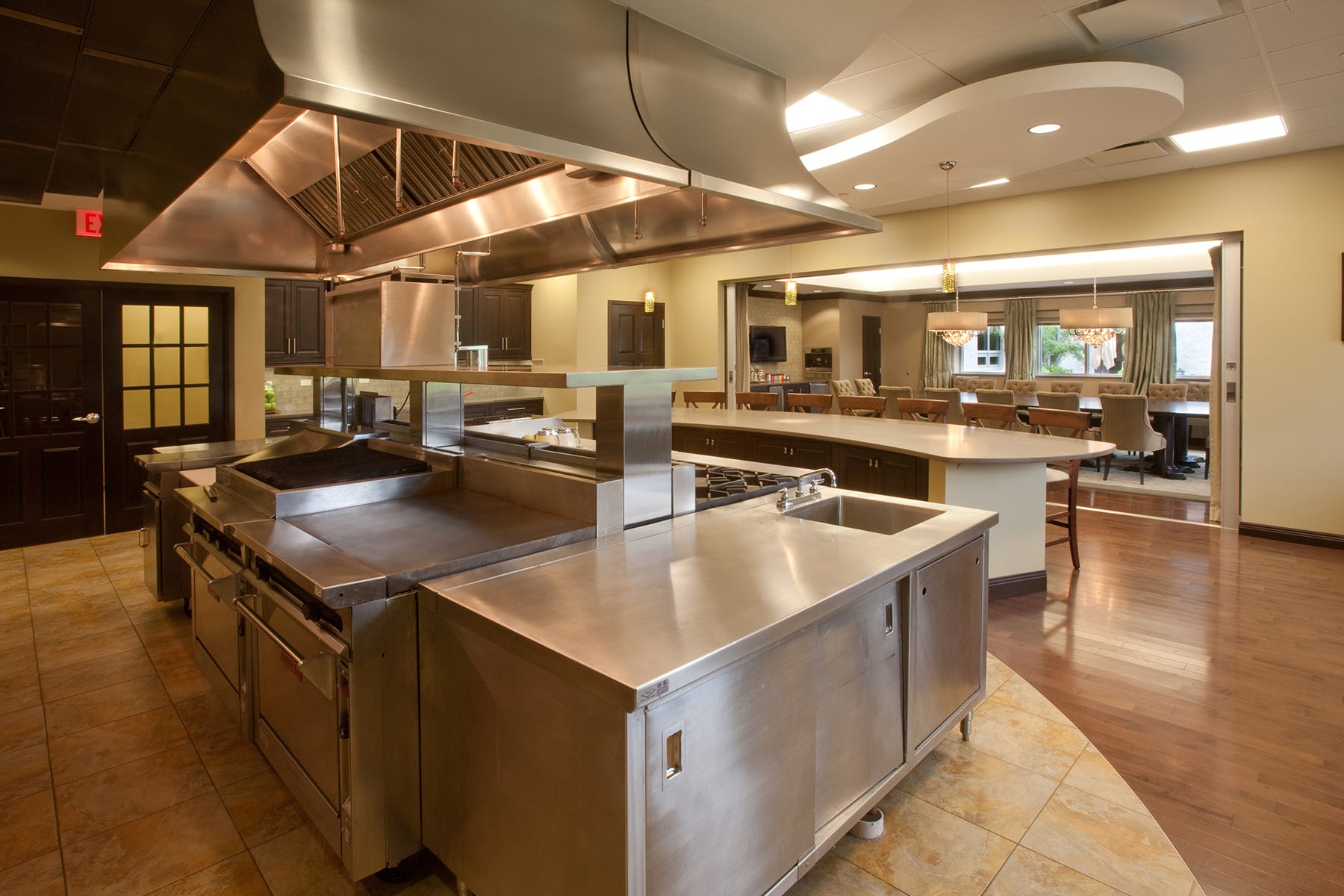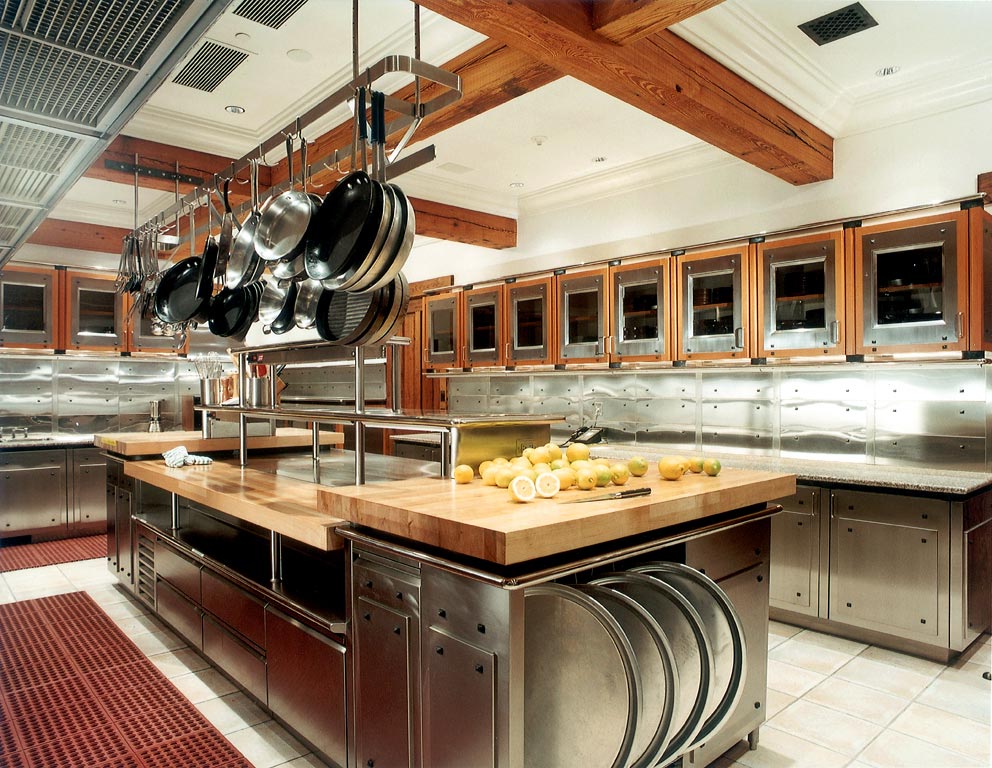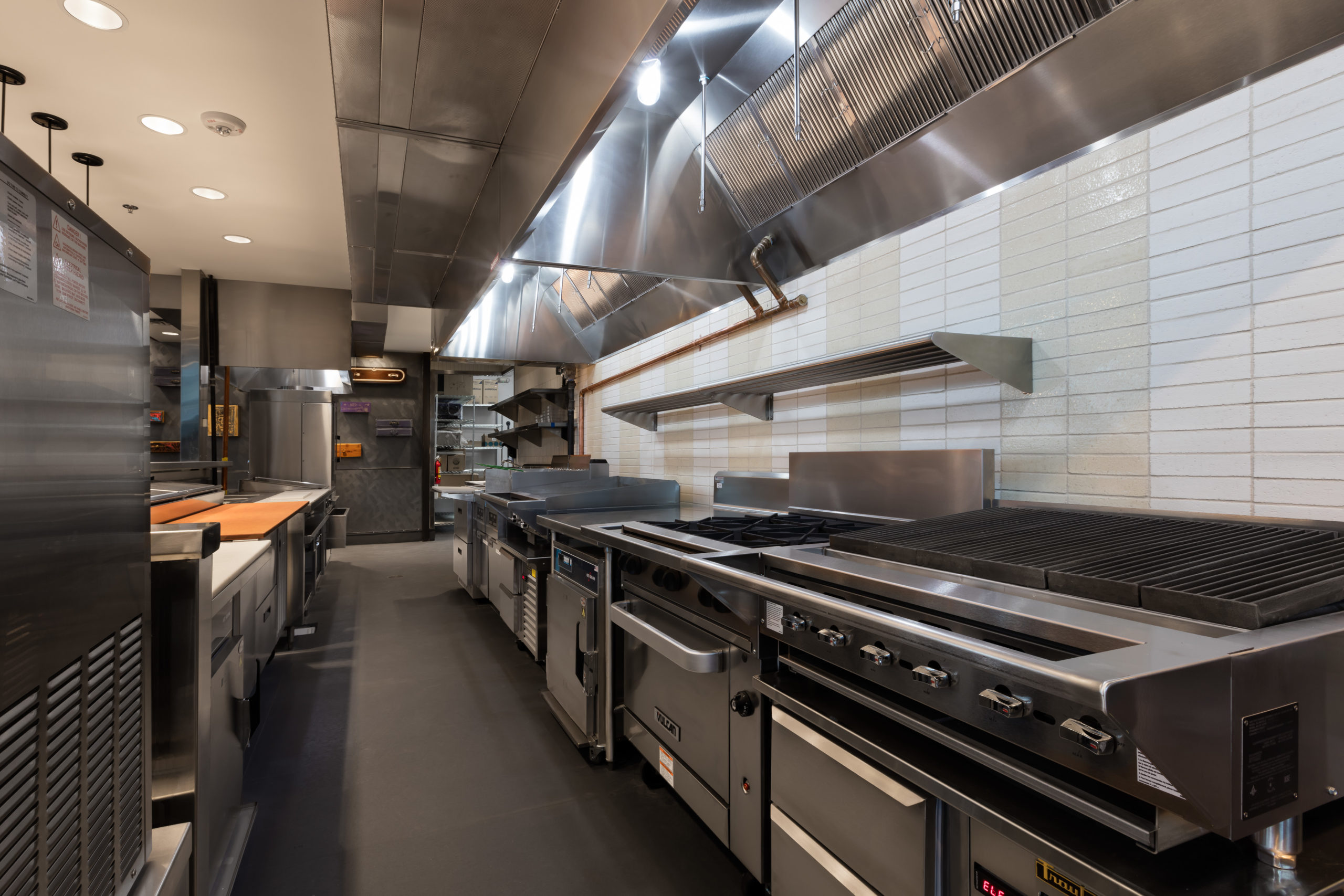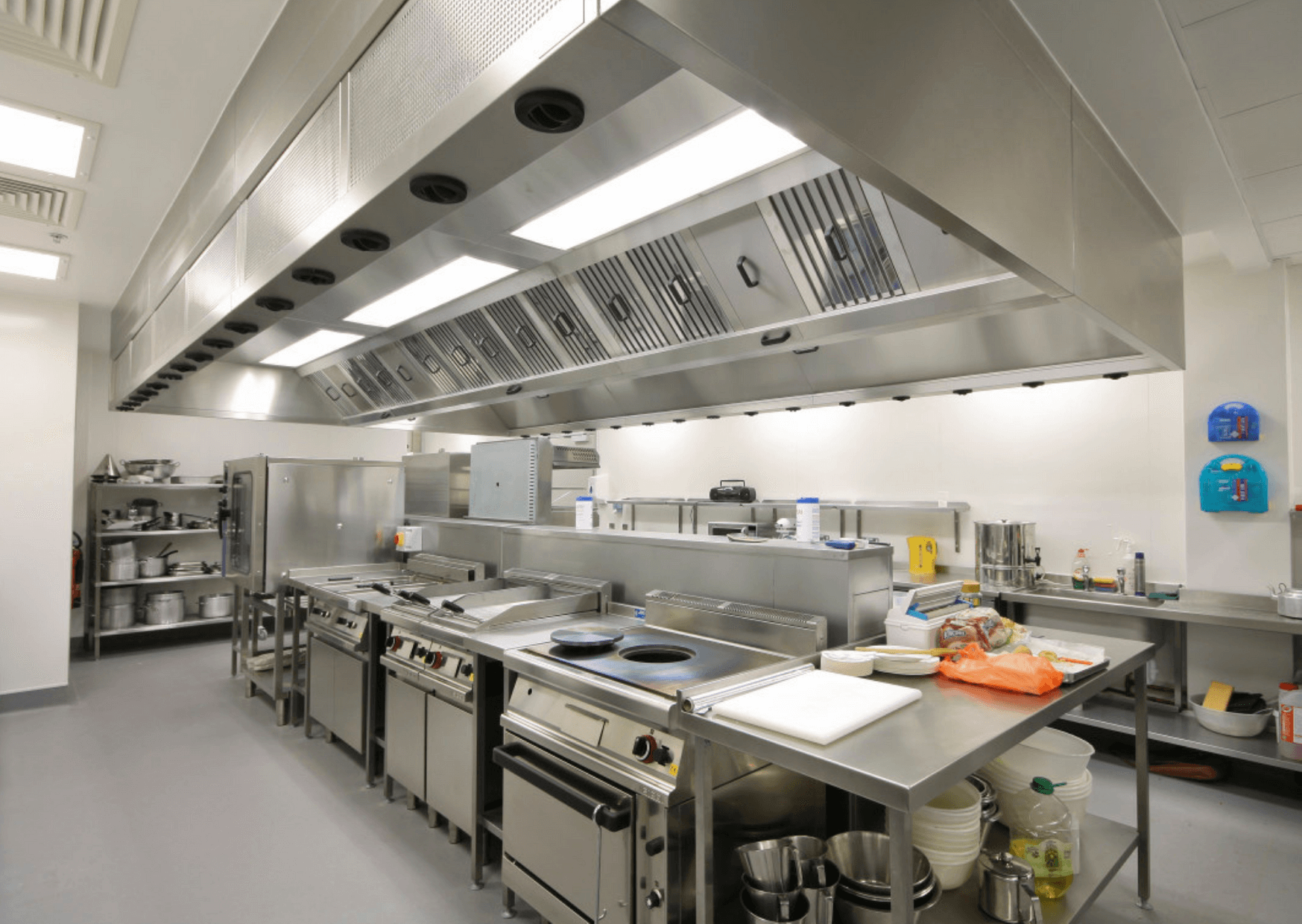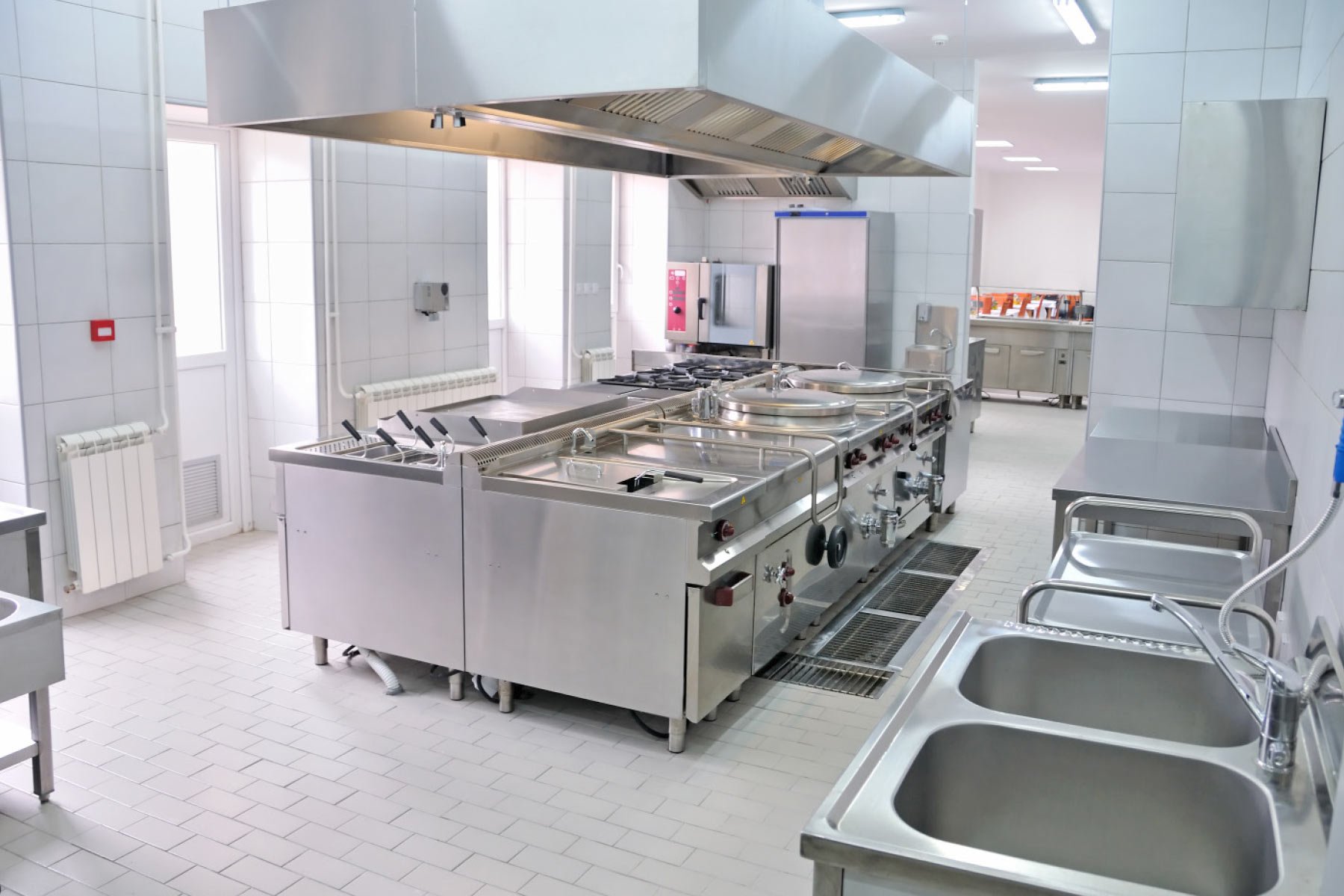When it comes to owning a commercial kitchen, there are many important things to consider. One of the most crucial elements of a commercial kitchen is the sink. Not only is it used for washing dishes and preparing food, but it also plays a significant role in keeping the kitchen clean and up to code. In this article, we will discuss the top 10 main commercial kitchen sink requirements that every restaurant owner should know.Commercial Kitchen Sink Requirements
The National Sanitation Foundation (NSF) International is a non-profit organization that sets standards for sanitation and food safety in the United States. They provide guidelines for various industries, including the foodservice industry. For commercial kitchen sinks, NSF has specific requirements that must be met in order to ensure the safety and cleanliness of the kitchen.NSF International
The Food Code is a set of regulations developed by the Food and Drug Administration (FDA) that provides guidelines for food safety in retail food establishments, including restaurants. This code includes requirements for commercial kitchen sinks, such as the materials used, size, and placement.Food Code
In addition to NSF and FDA regulations, each state and local health department has its own set of regulations for commercial kitchens. These regulations often include specific requirements for sinks, such as the number of compartments and whether or not a separate handwashing sink is required.Health Department Regulations
When it comes to plumbing, there are also codes and regulations that must be followed in commercial kitchens. These codes ensure that the sinks are properly installed and connected to the plumbing system, and that they meet certain standards for sanitation and safety.Plumbing Codes
In many commercial kitchens, a grease trap is required to prevent grease, fats, and oils from clogging the plumbing system. These traps must be installed correctly and maintained regularly to comply with health department regulations.Grease Traps
Backflow prevention devices are essential in commercial kitchens to prevent contaminated water from entering the plumbing system and potentially causing food contamination. These devices must be installed and tested regularly to ensure they are functioning properly.Backflow Prevention
Proper handwashing is crucial in a commercial kitchen to prevent the spread of bacteria and illness. Therefore, it is necessary to have designated handwashing stations that are easily accessible and equipped with hot water, soap, and paper towels.Handwashing Stations
The drainage system for a commercial kitchen sink must be properly designed to handle the volume of water and food waste that is produced. It must also be connected to a sanitary sewer system to comply with health department regulations.Drainage System
When designing a commercial kitchen, it is essential to consider the layout and placement of the sink. It should be strategically placed for convenience and efficiency, while also meeting all of the necessary requirements and regulations. In conclusion, a commercial kitchen sink is a critical component of any restaurant or foodservice establishment. It must meet various requirements set by organizations such as NSF, FDA, and local health departments. By understanding and following these requirements, restaurant owners can ensure the safety and cleanliness of their kitchen, and ultimately, the satisfaction of their customers.Commercial Kitchen Design
Why Commercial Kitchen Sink Requirements are Essential for Your House Design

Creating a Functional and Efficient Workspace
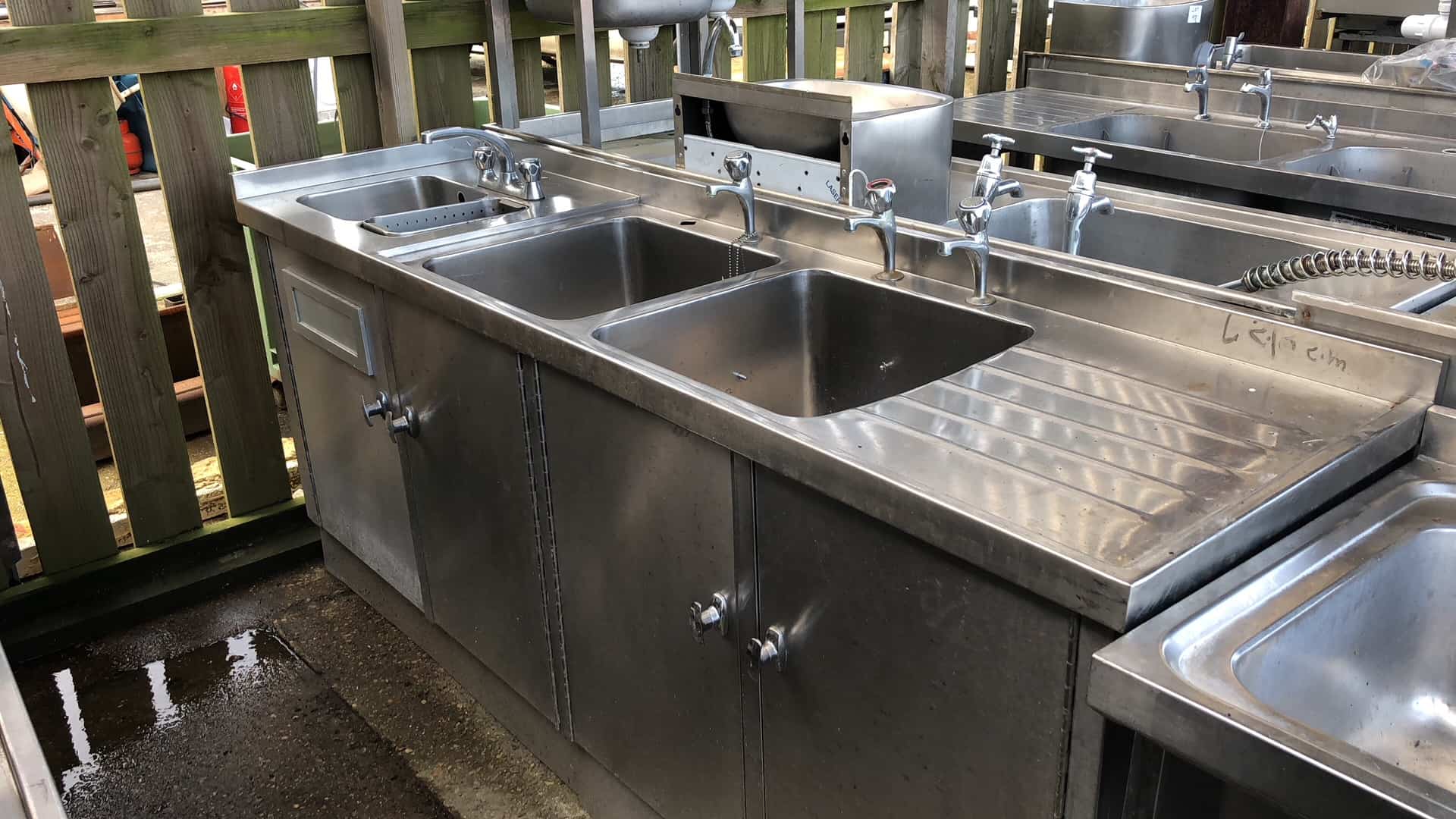 When designing a house, the kitchen is often considered the heart of the home. It is where meals are prepared, memories are made, and families gather. As such, it is crucial to have a well-designed and functional kitchen, especially when it comes to the sink.
Commercial kitchen sink requirements
are essential for creating a workspace that is not only efficient but also meets health and safety standards.
When designing a house, the kitchen is often considered the heart of the home. It is where meals are prepared, memories are made, and families gather. As such, it is crucial to have a well-designed and functional kitchen, especially when it comes to the sink.
Commercial kitchen sink requirements
are essential for creating a workspace that is not only efficient but also meets health and safety standards.
Meeting Health and Safety Standards
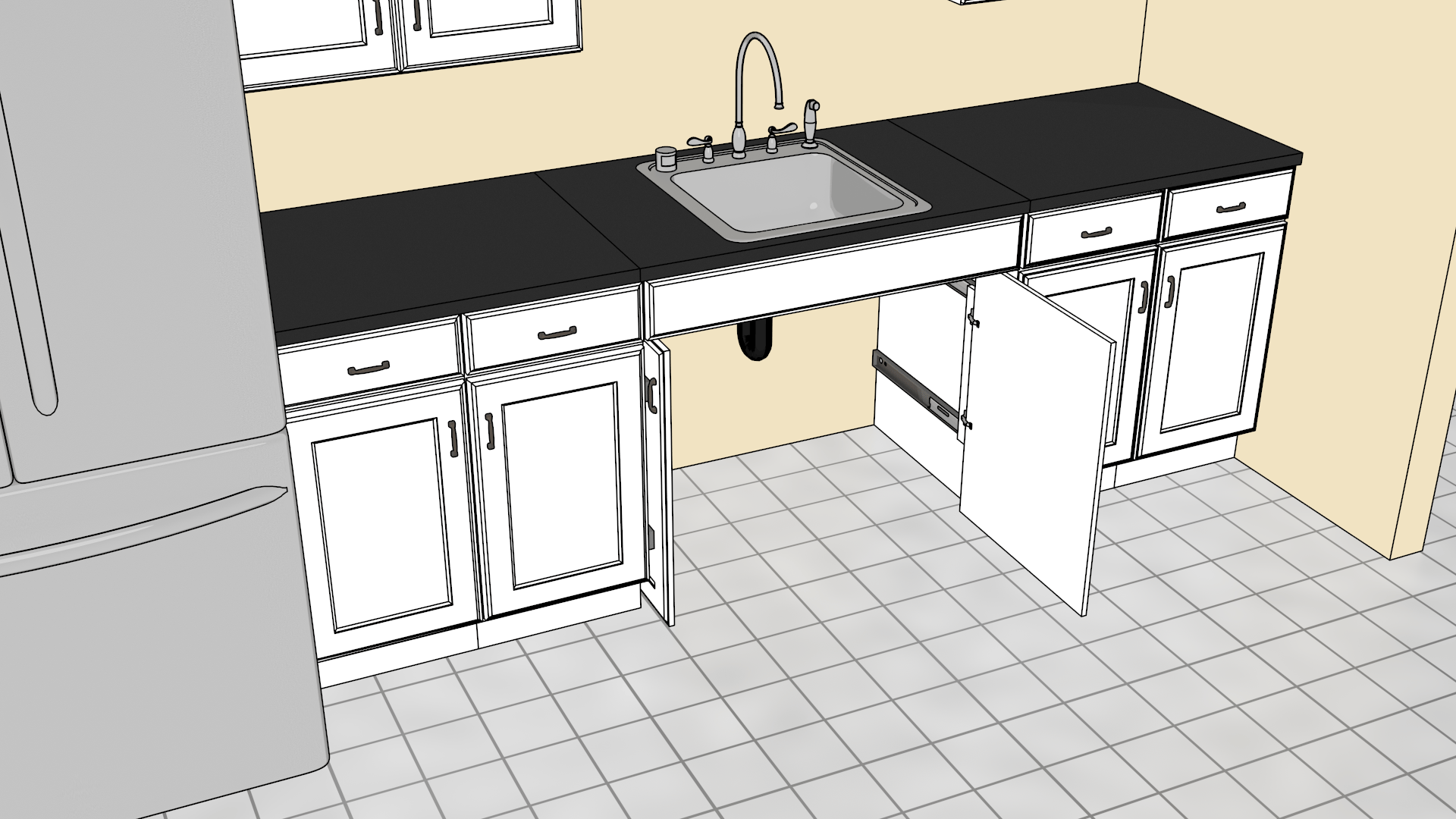 Commercial kitchen sinks are designed to meet strict health and safety regulations. These regulations are put in place to ensure that the kitchen is a safe and hygienic environment for food preparation.
Commercial kitchen sink requirements
include features such as separate compartments for washing, rinsing, and sanitizing dishes, as well as proper drainage and ventilation systems. These specifications help prevent the spread of bacteria and ensure the cleanliness of the kitchen.
Commercial kitchen sinks are designed to meet strict health and safety regulations. These regulations are put in place to ensure that the kitchen is a safe and hygienic environment for food preparation.
Commercial kitchen sink requirements
include features such as separate compartments for washing, rinsing, and sanitizing dishes, as well as proper drainage and ventilation systems. These specifications help prevent the spread of bacteria and ensure the cleanliness of the kitchen.
Maximizing Efficiency and Productivity
 In a busy household, the kitchen sink can quickly become a bottleneck in the workflow. This is where
commercial kitchen sink requirements
come into play. A well-designed commercial sink can improve efficiency and productivity by allowing multiple tasks to be carried out simultaneously. For example, while one person is washing dishes, another can be rinsing or sanitizing them in a separate compartment. This not only saves time but also reduces the risk of cross-contamination.
In a busy household, the kitchen sink can quickly become a bottleneck in the workflow. This is where
commercial kitchen sink requirements
come into play. A well-designed commercial sink can improve efficiency and productivity by allowing multiple tasks to be carried out simultaneously. For example, while one person is washing dishes, another can be rinsing or sanitizing them in a separate compartment. This not only saves time but also reduces the risk of cross-contamination.
Choosing the Right Sink for Your Needs
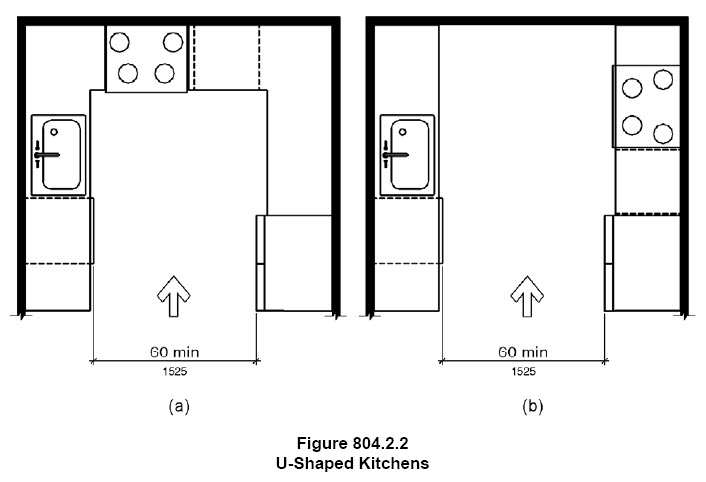 There are various
commercial kitchen sink
options available, each with its own set of requirements. When designing your kitchen, it is essential to consider your specific needs and choose a sink that best fits them. For example, if you frequently handle large pots and pans, you may want to opt for a larger sink with a deeper basin. On the other hand, if you have limited space, a compact sink with multiple compartments may be a better choice.
In conclusion,
commercial kitchen sink requirements
are crucial for creating a functional and efficient workspace that meets health and safety standards. By choosing the right sink for your needs and following the necessary regulations, you can ensure that your kitchen is not only a beautiful but also a safe and practical space for all your cooking and cleaning needs.
There are various
commercial kitchen sink
options available, each with its own set of requirements. When designing your kitchen, it is essential to consider your specific needs and choose a sink that best fits them. For example, if you frequently handle large pots and pans, you may want to opt for a larger sink with a deeper basin. On the other hand, if you have limited space, a compact sink with multiple compartments may be a better choice.
In conclusion,
commercial kitchen sink requirements
are crucial for creating a functional and efficient workspace that meets health and safety standards. By choosing the right sink for your needs and following the necessary regulations, you can ensure that your kitchen is not only a beautiful but also a safe and practical space for all your cooking and cleaning needs.
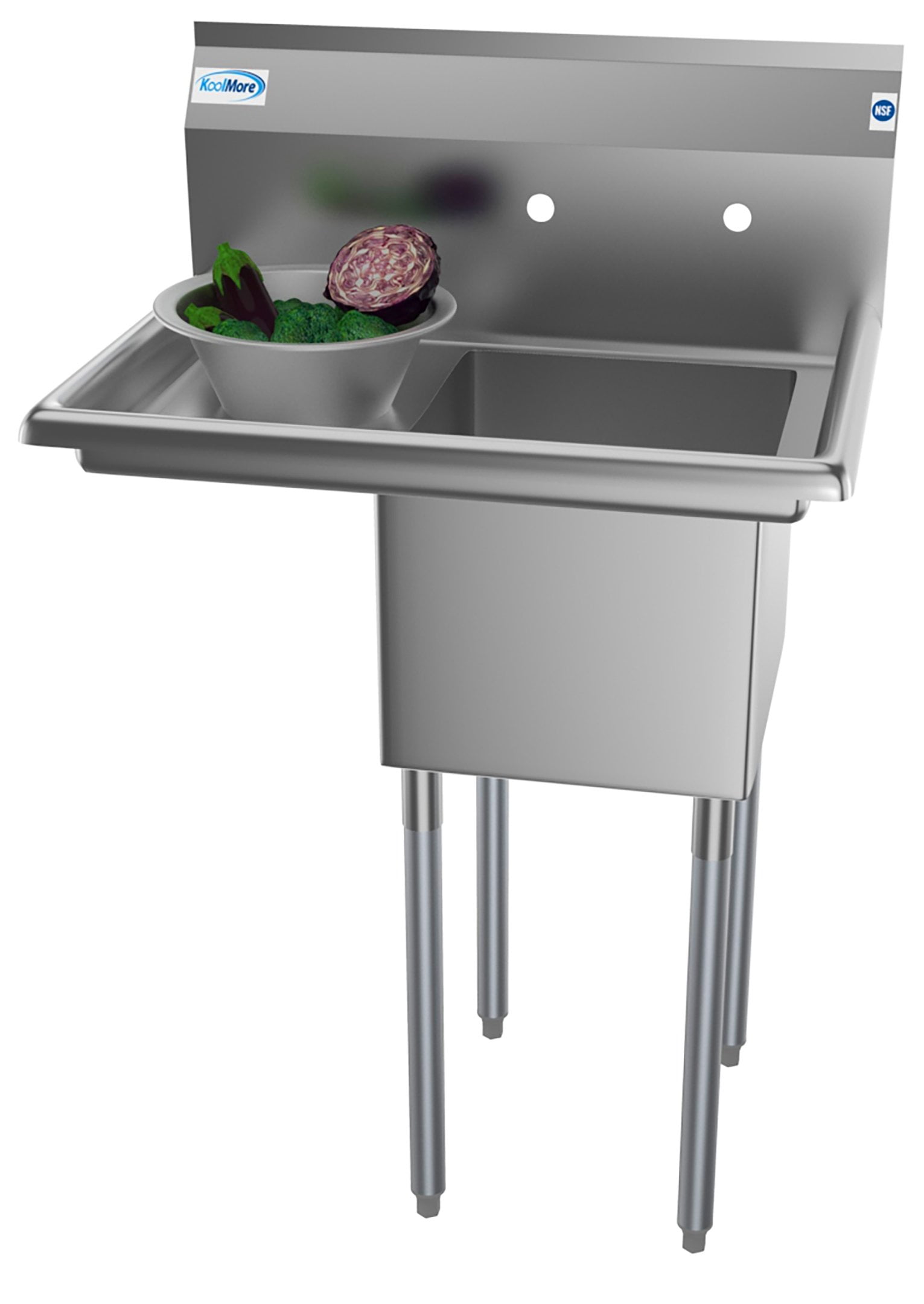





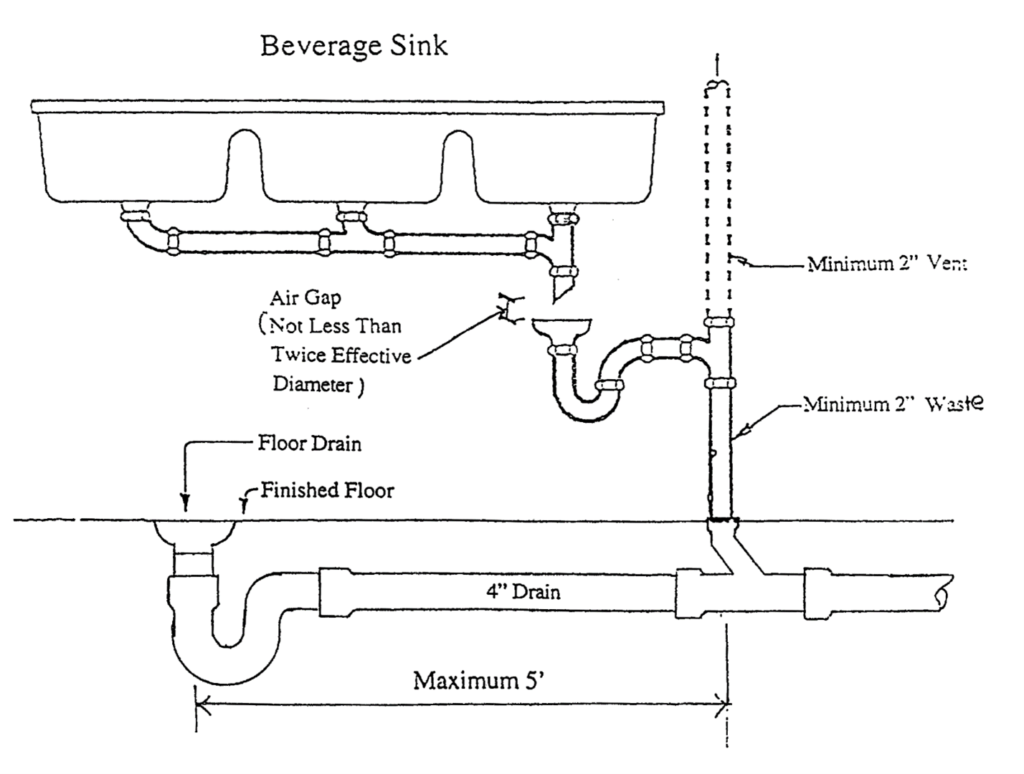




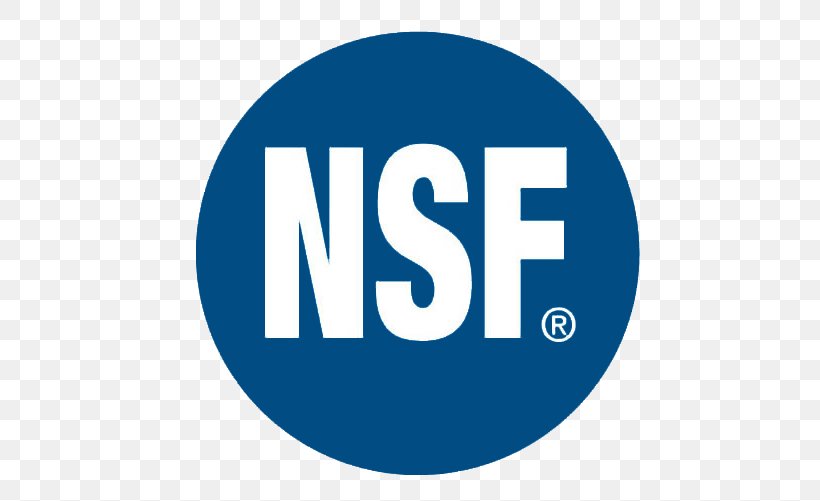




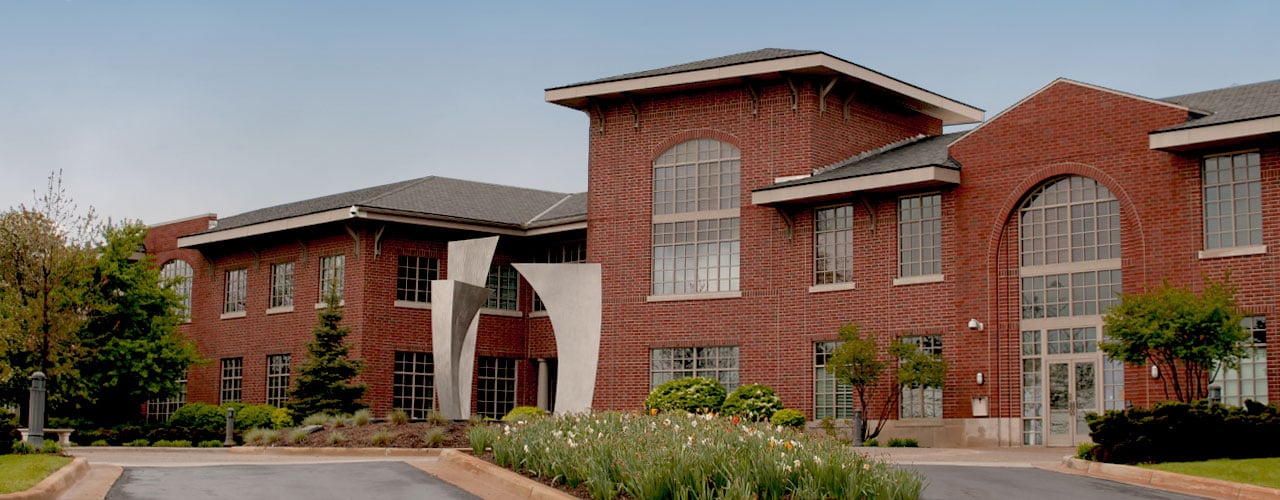








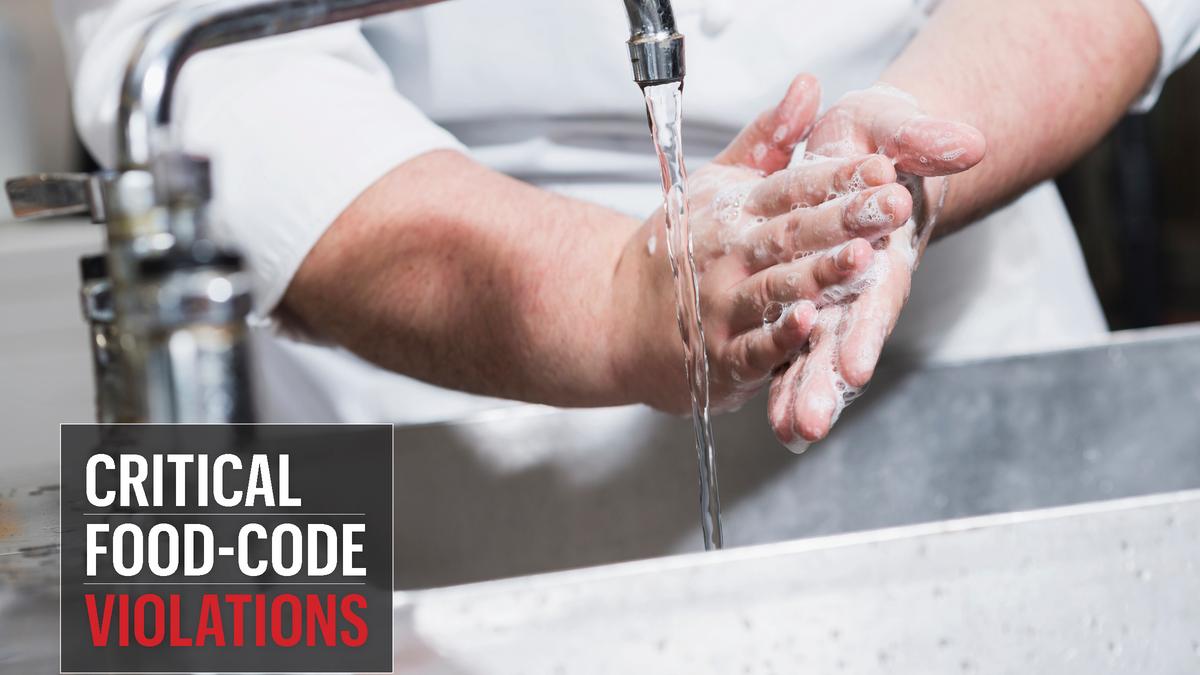

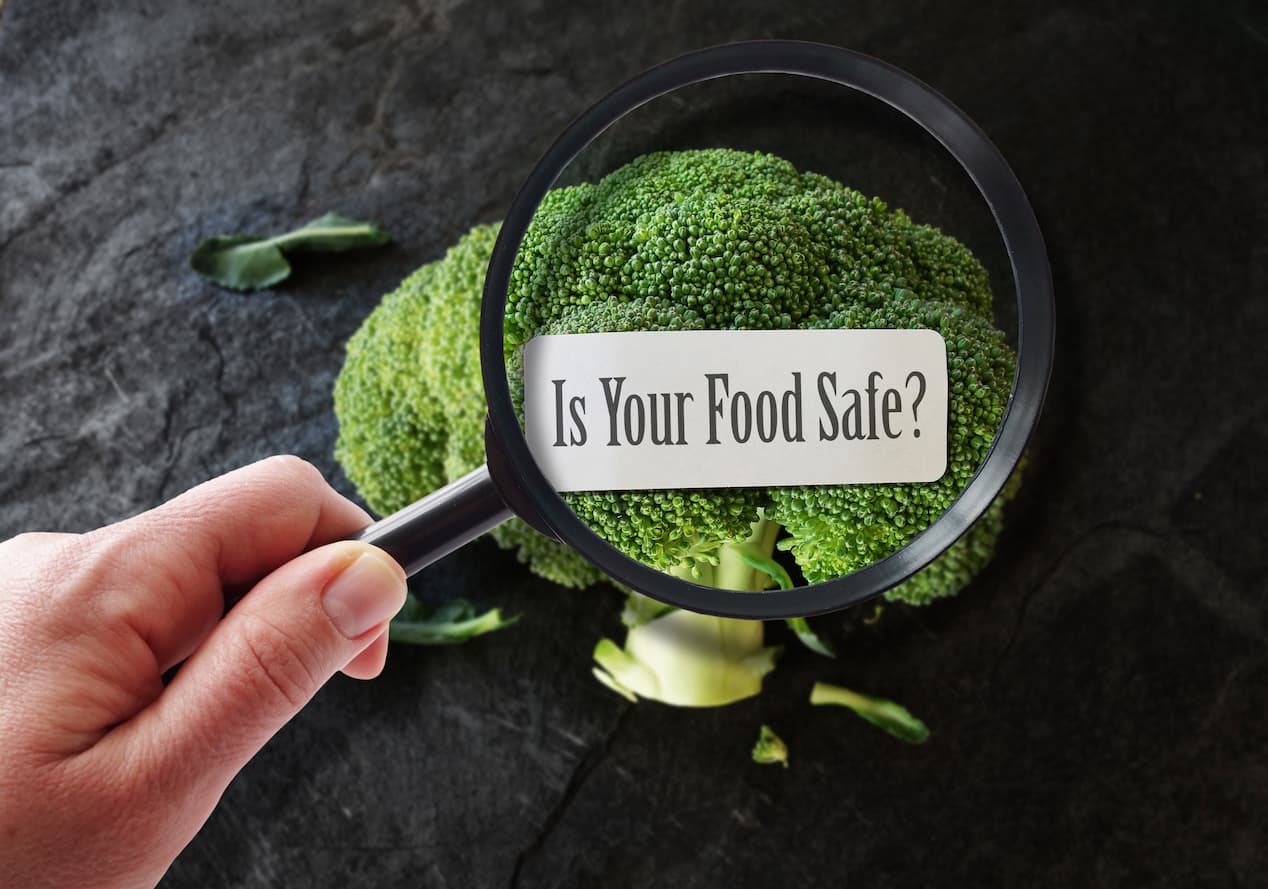
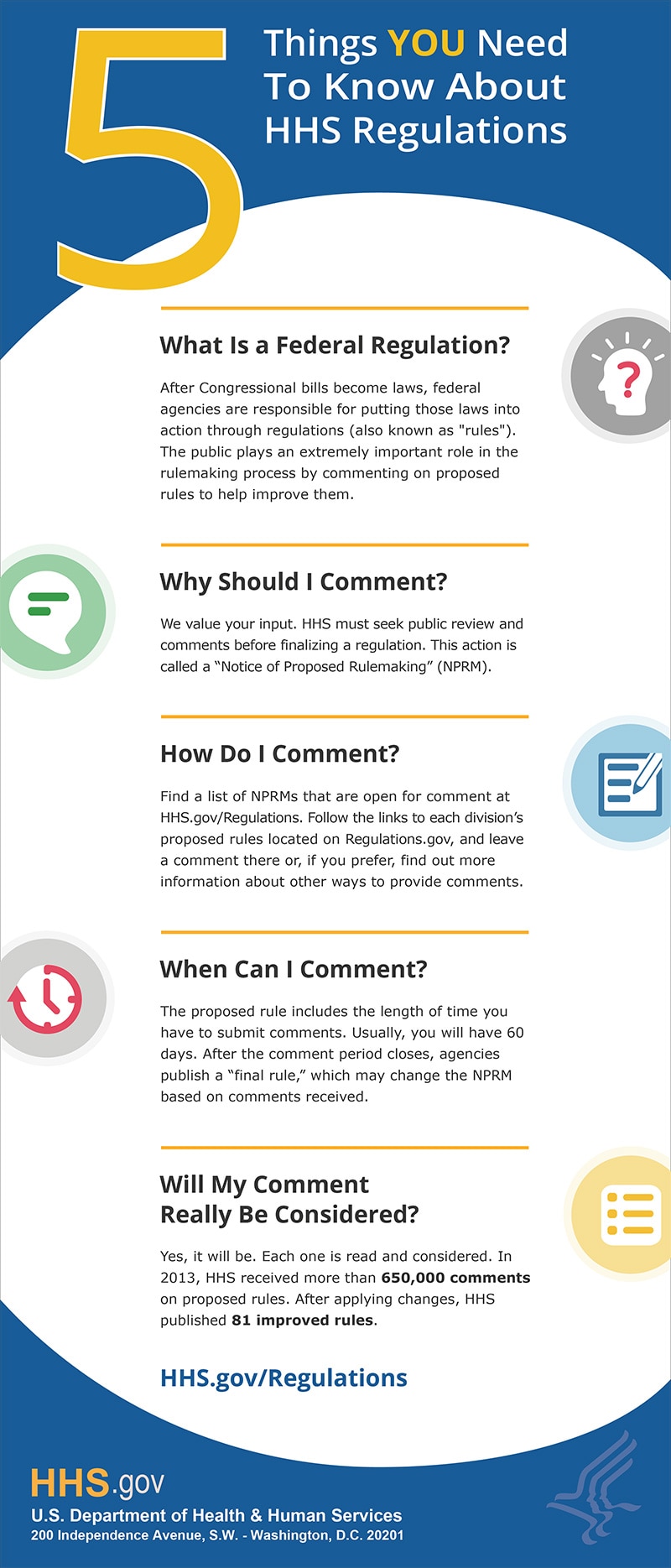
.jpg)








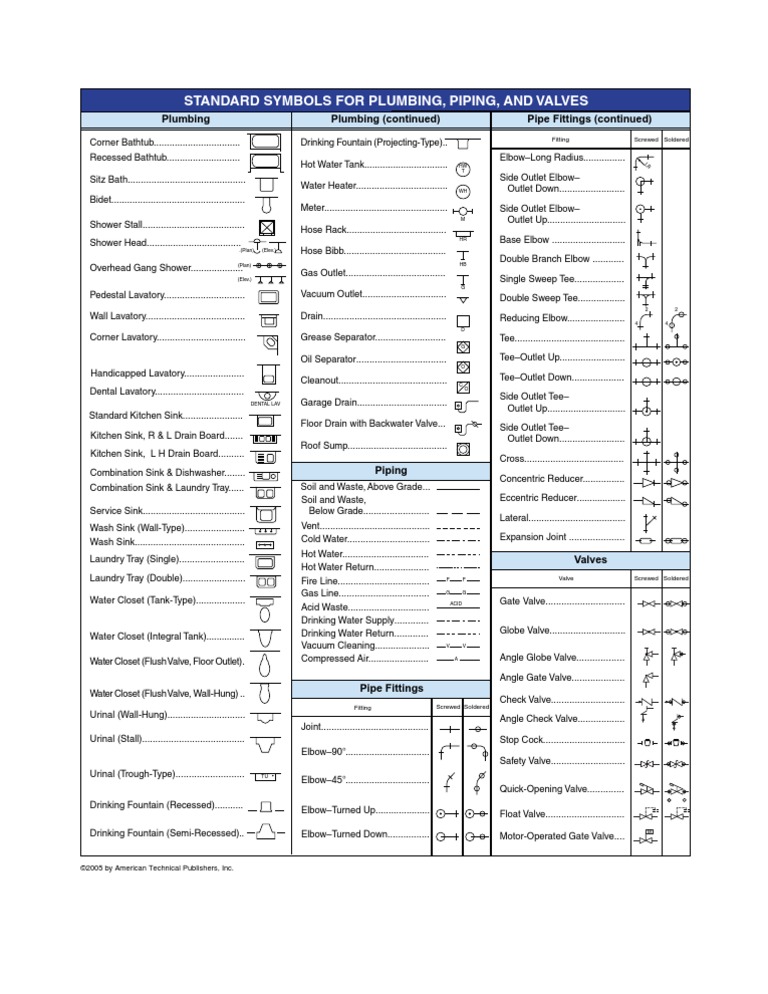

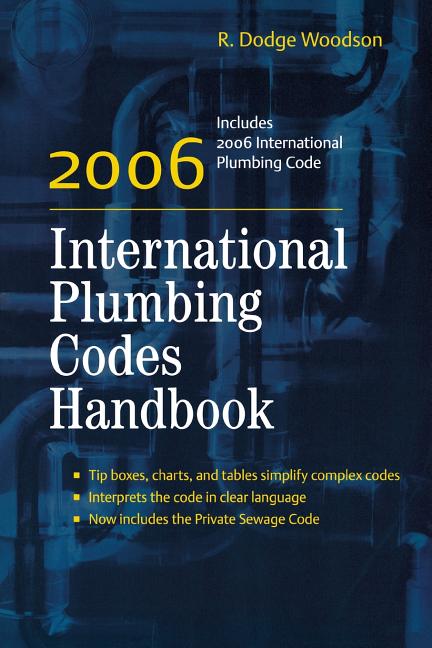




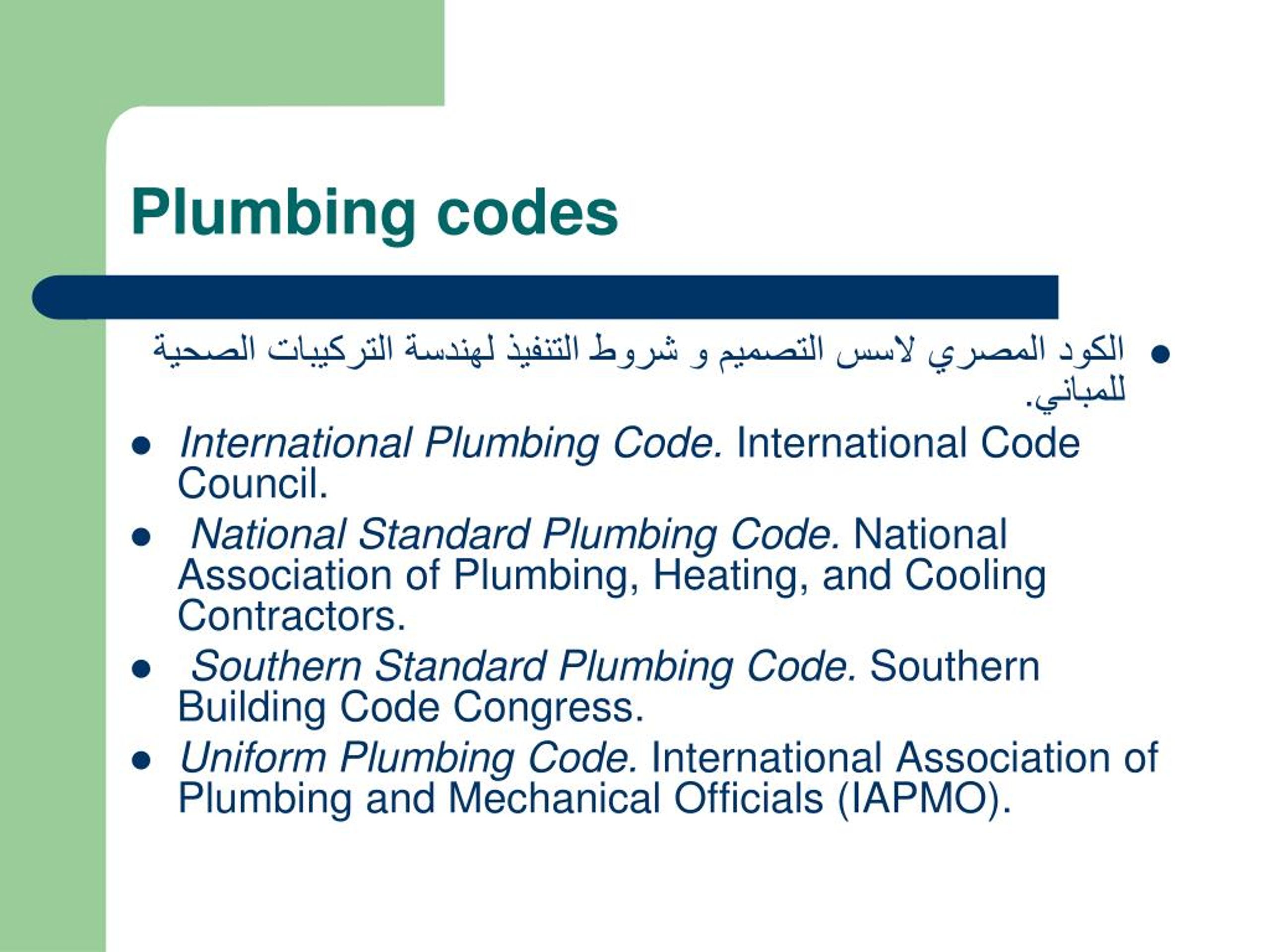


:max_bytes(150000):strip_icc()/diagram-supply-fixture-units-pipes-2670bf3a-813a4e1a87ce4a268abeb5905ad19adc.jpg)
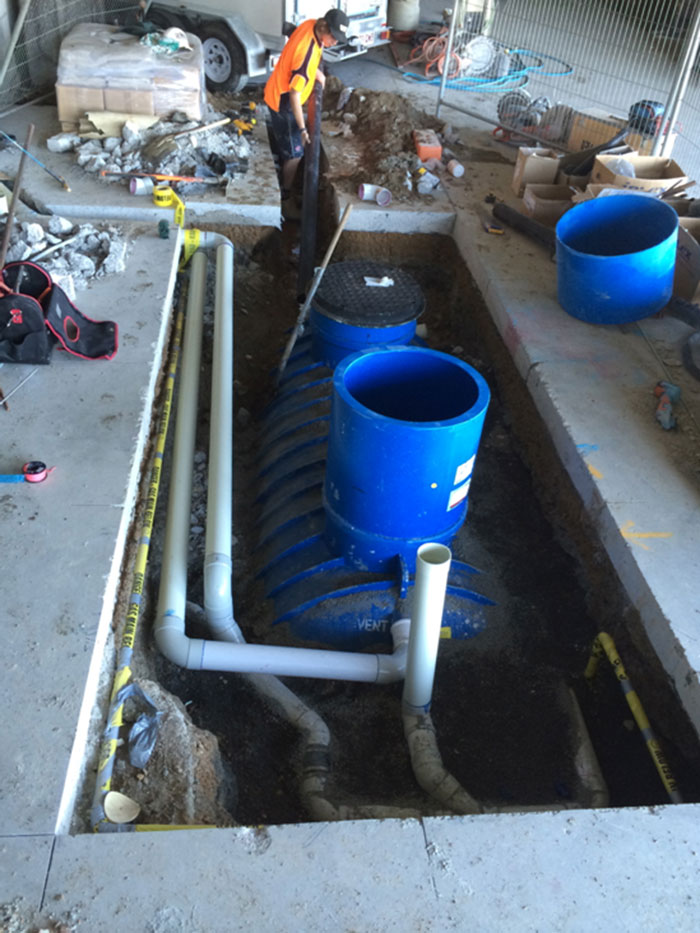
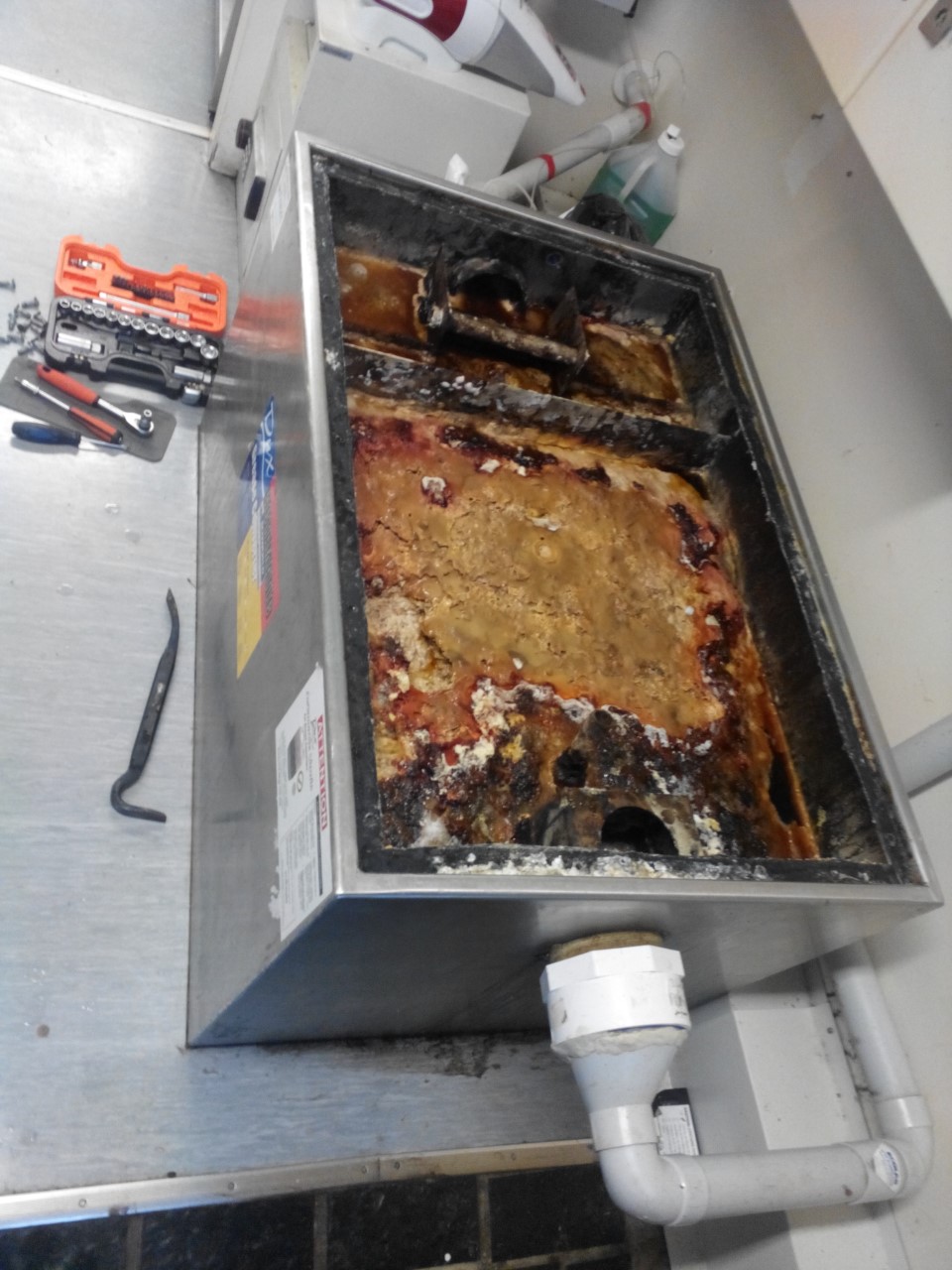


.jpg/1200px-Grease_trap_for_greywater_(5293658840).jpg)



